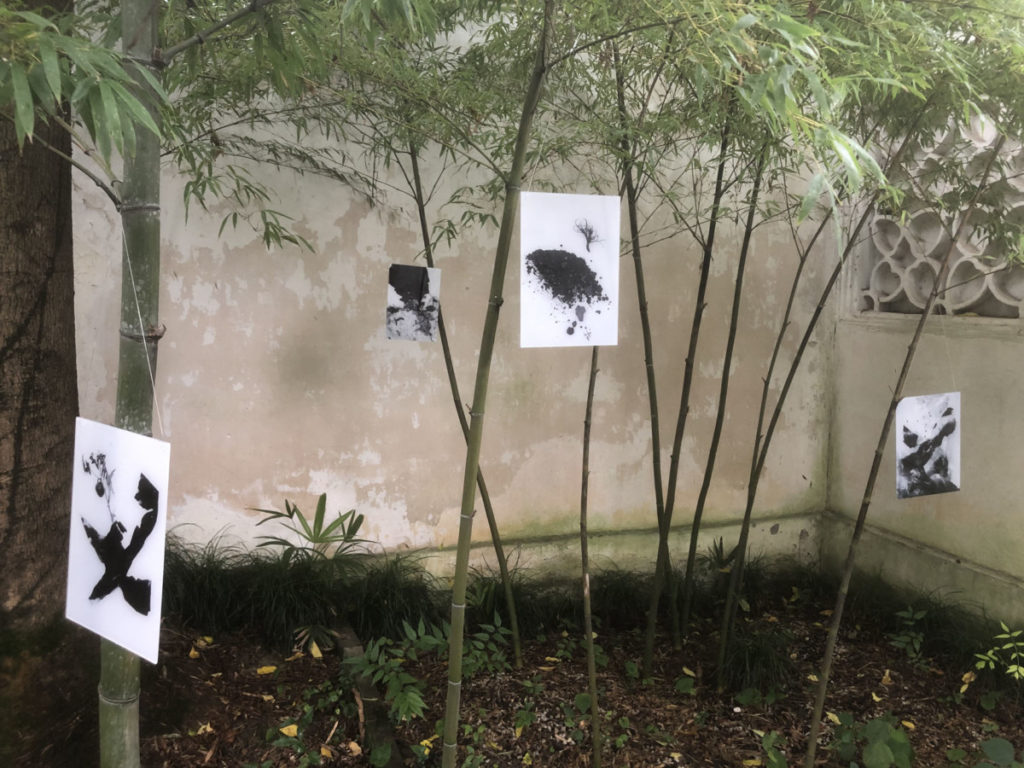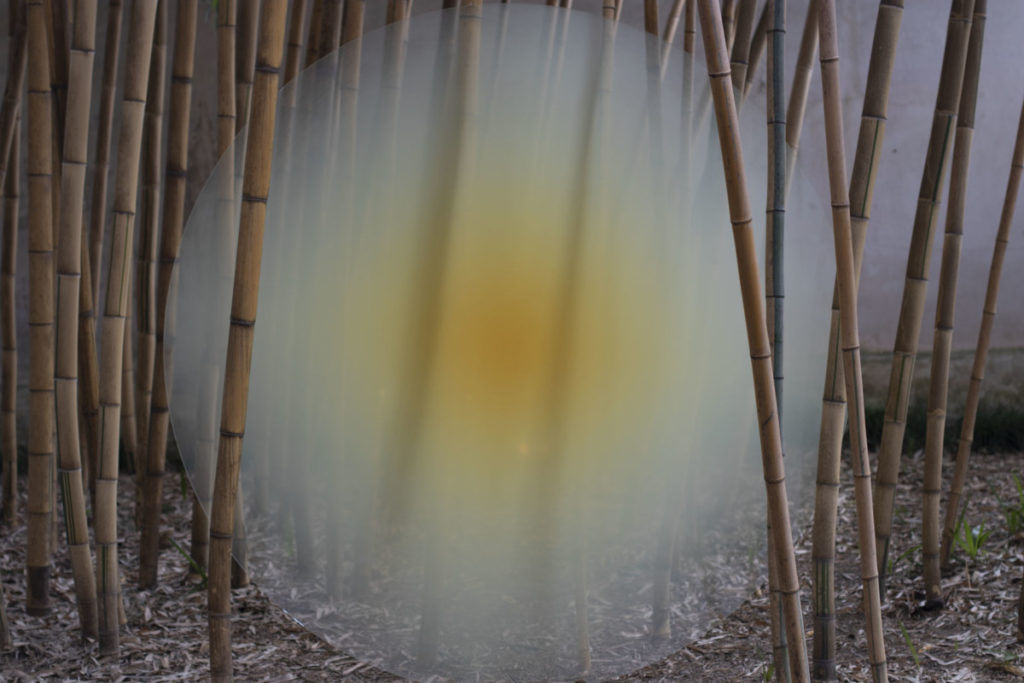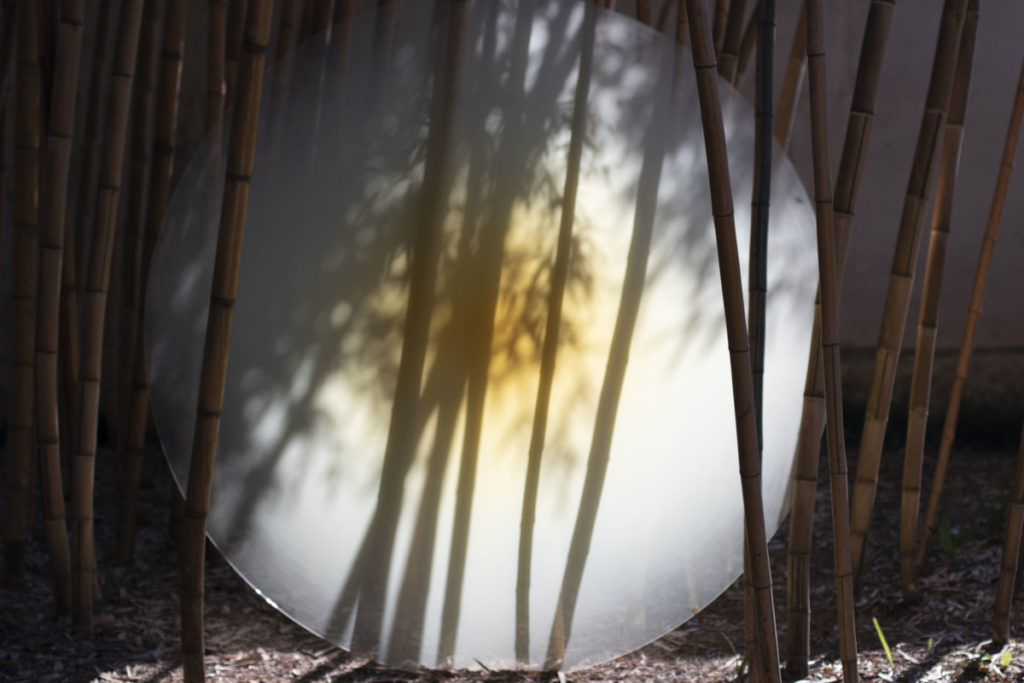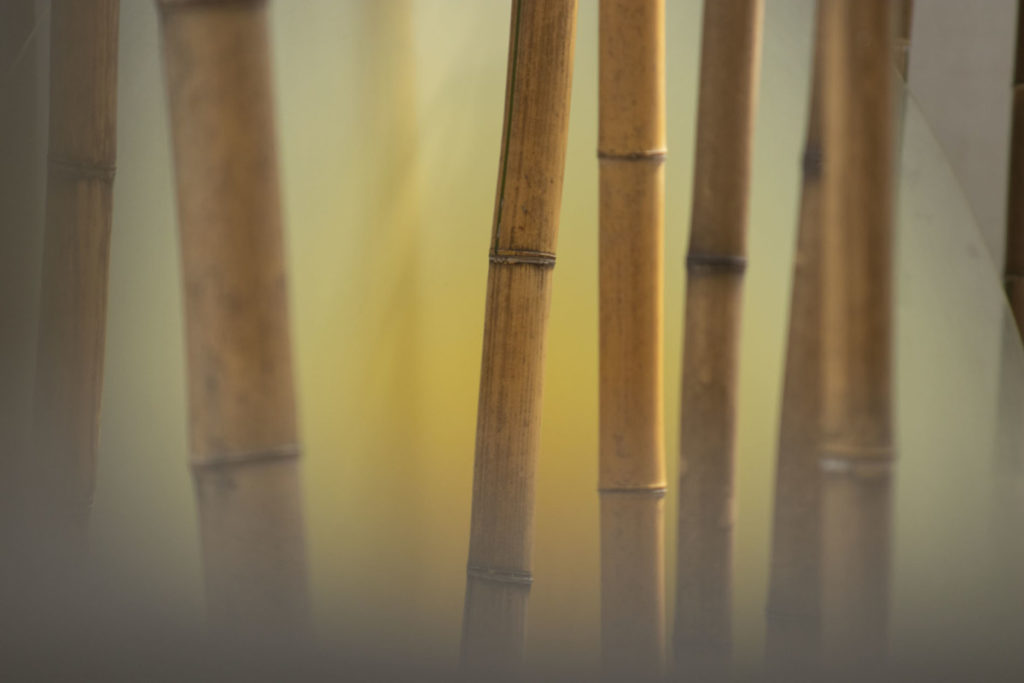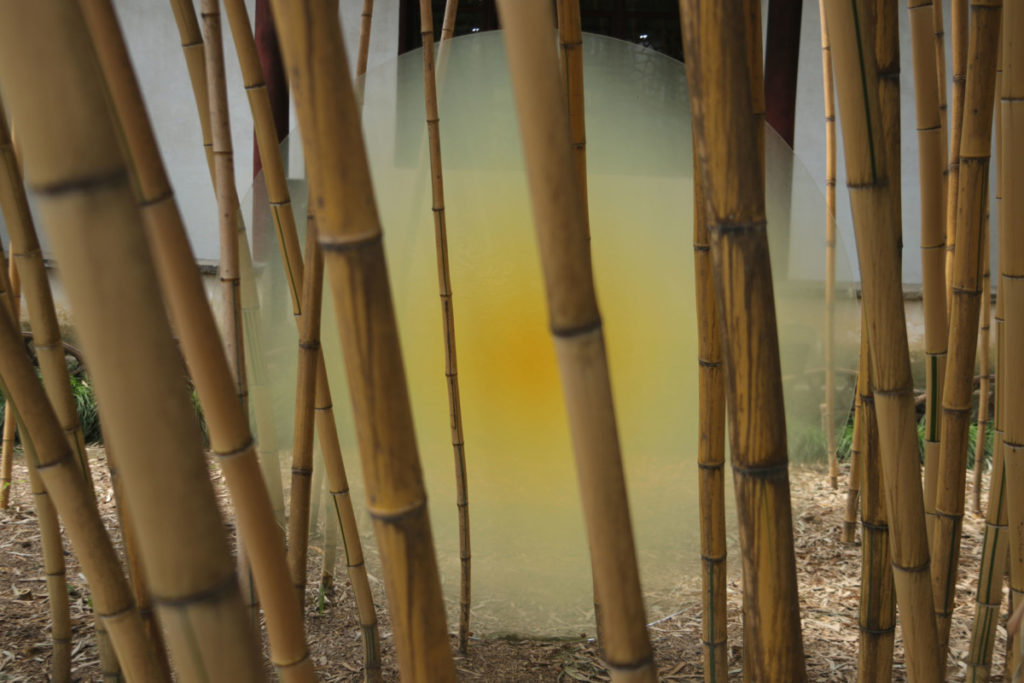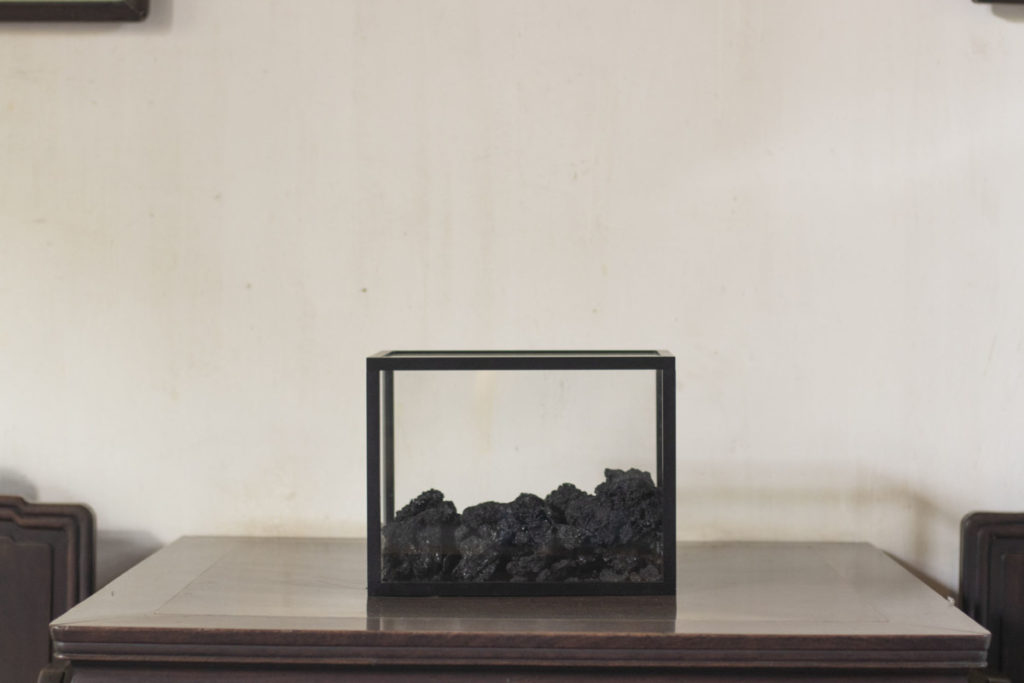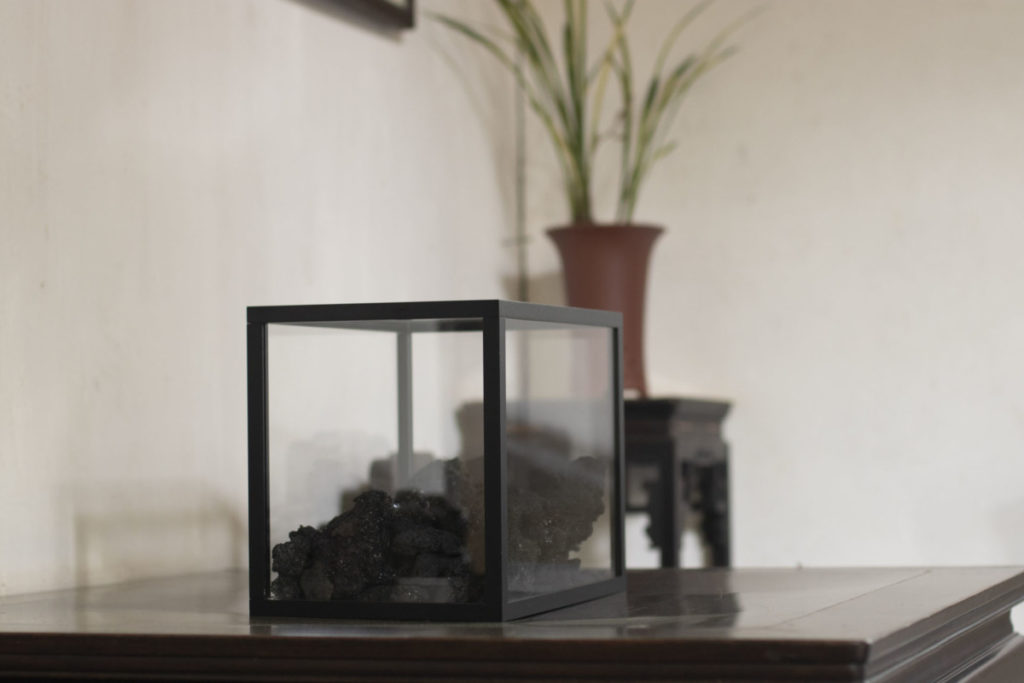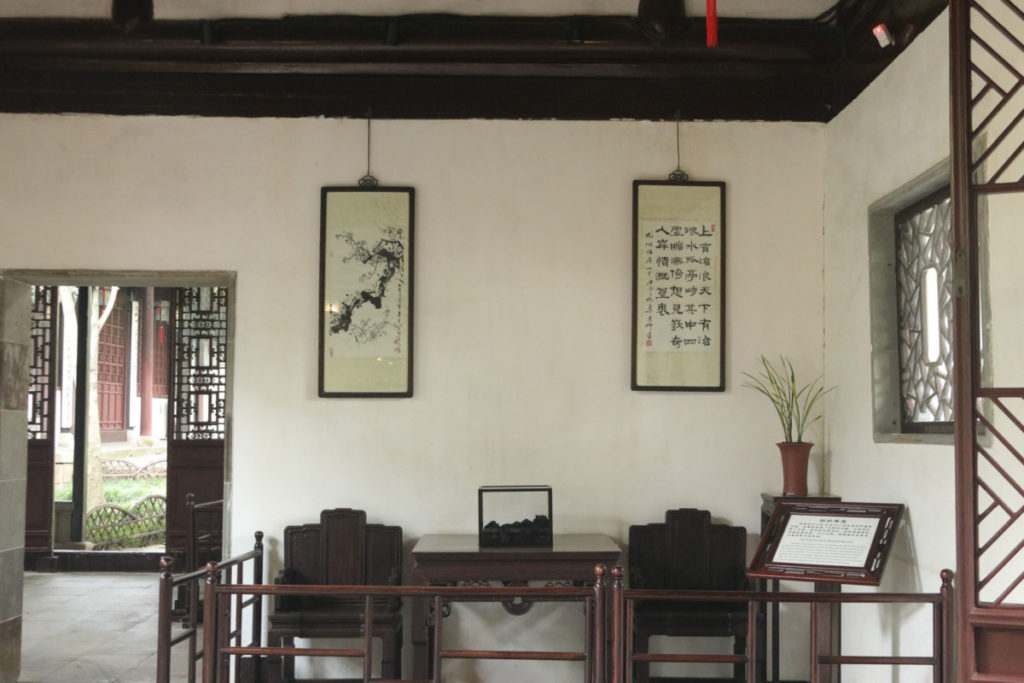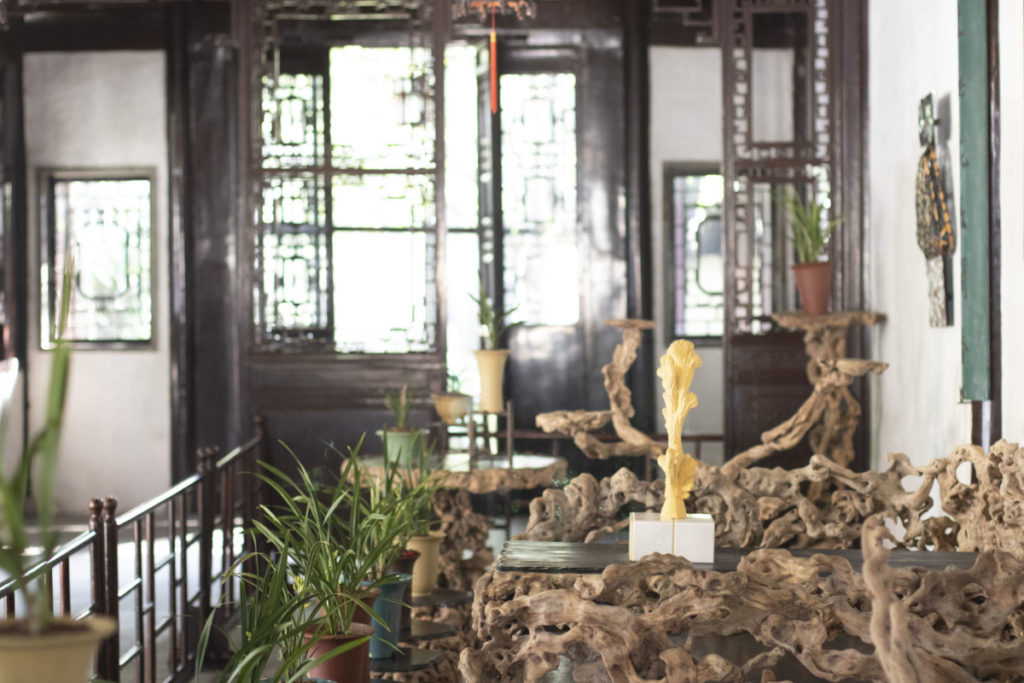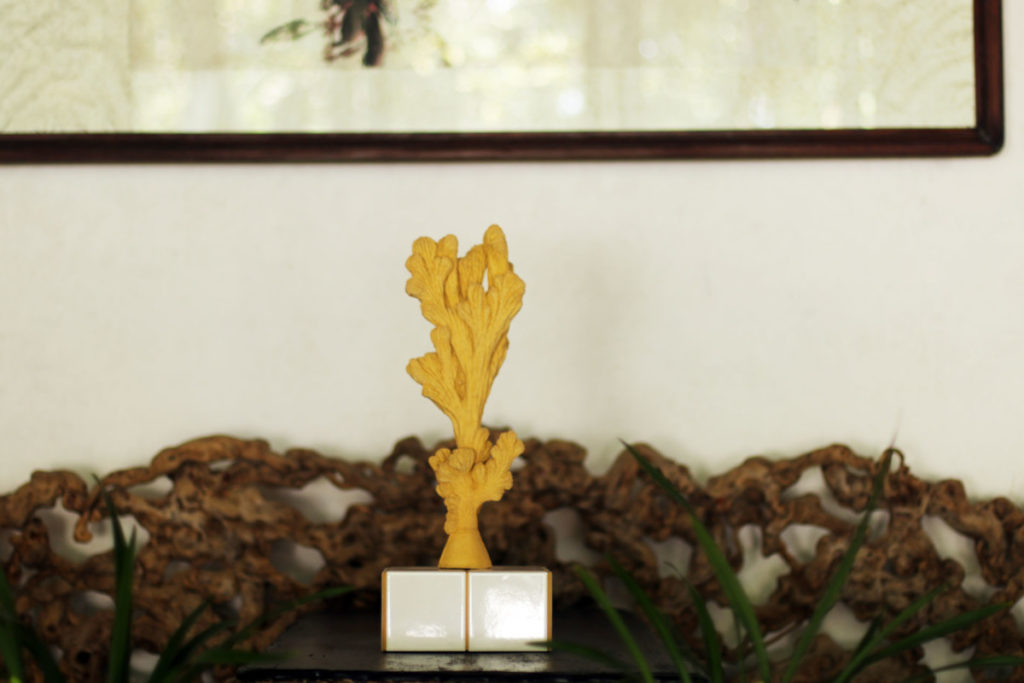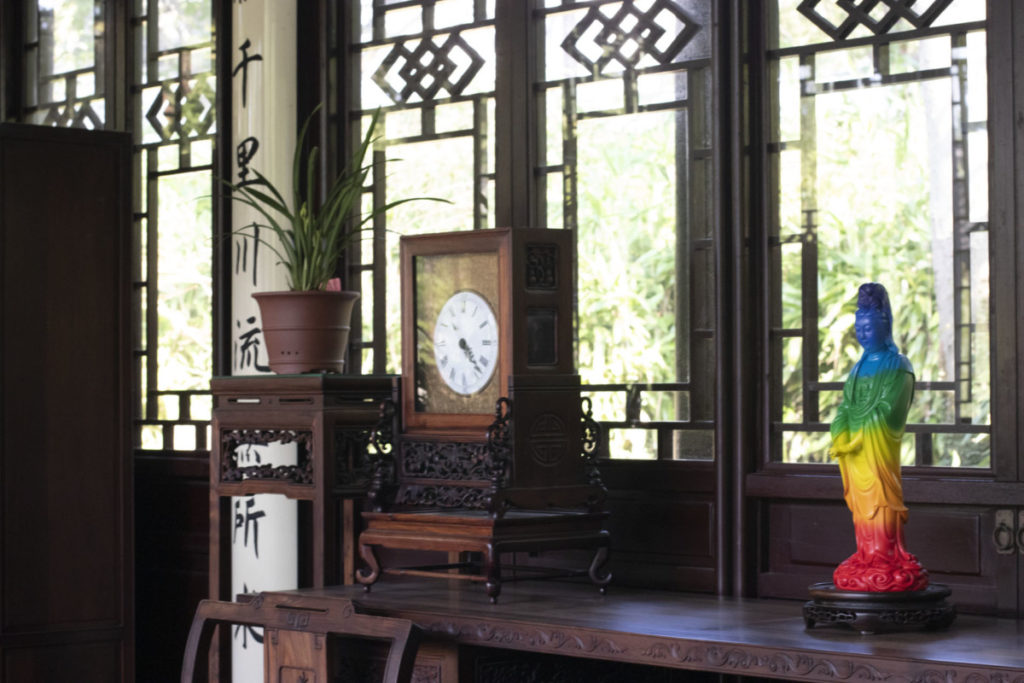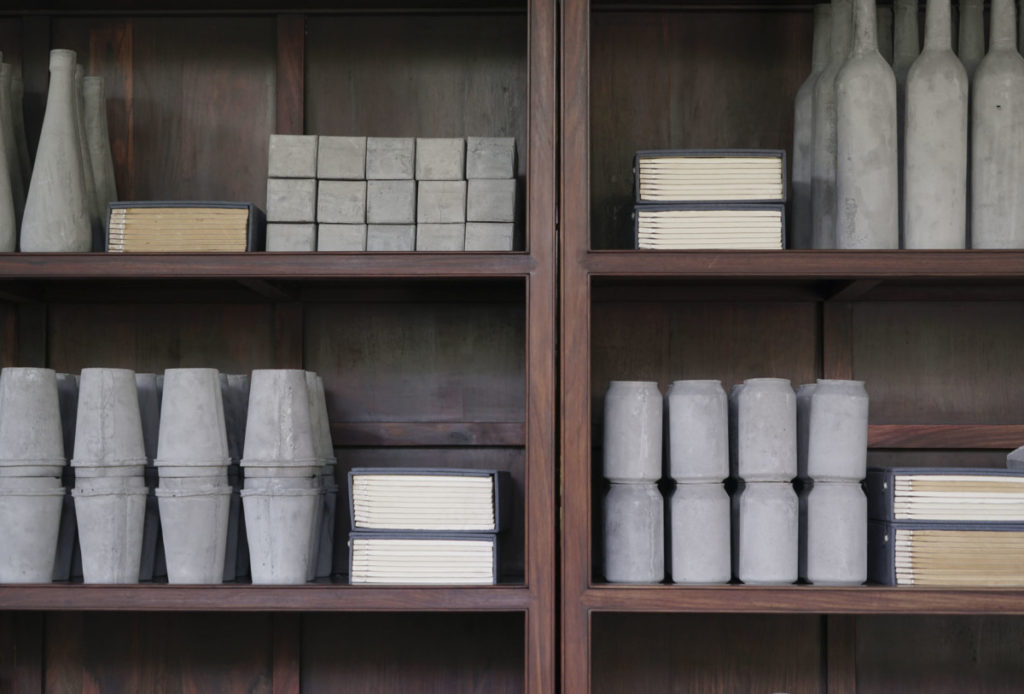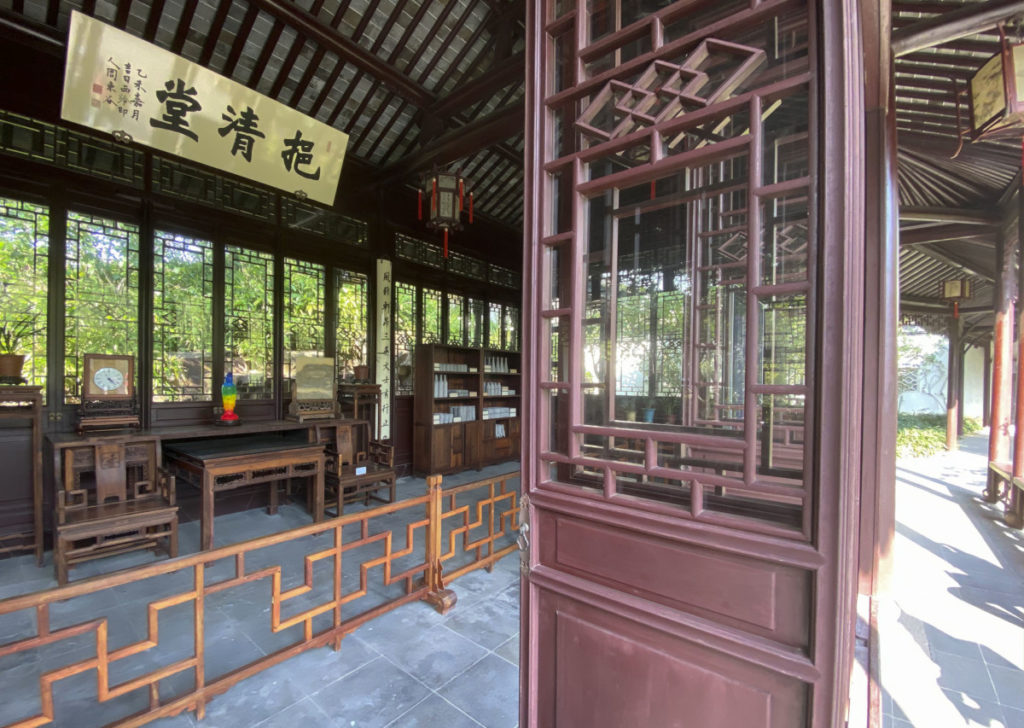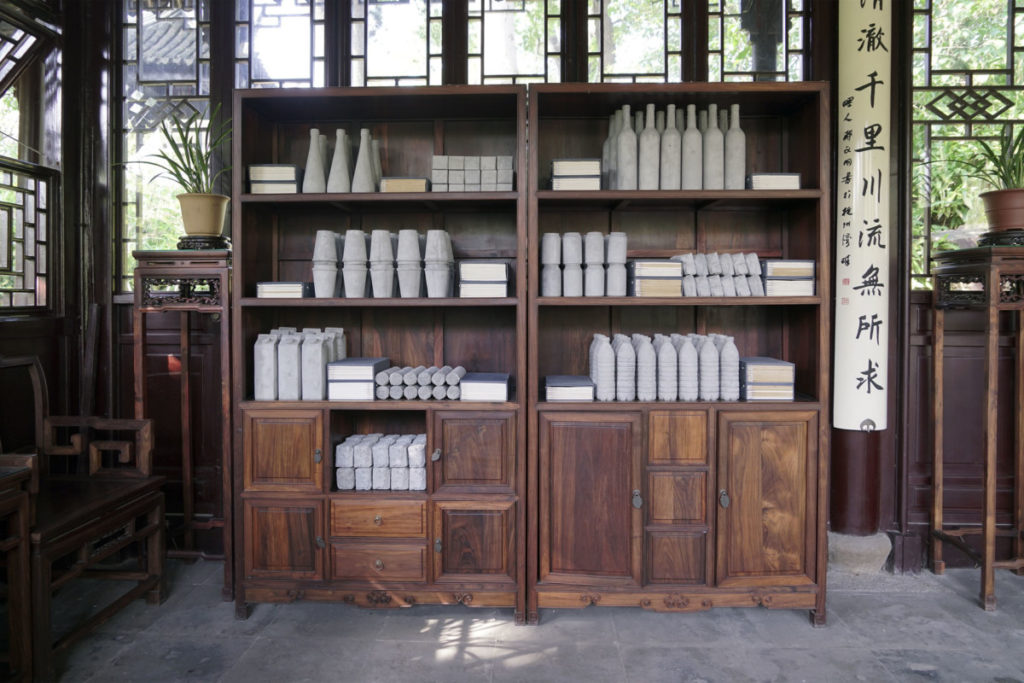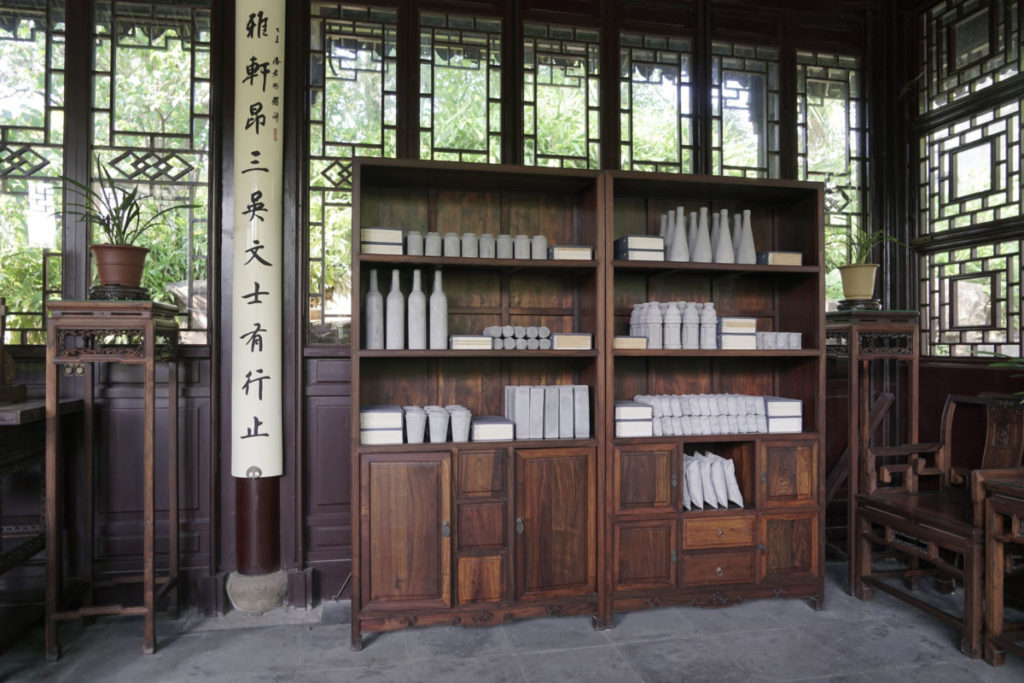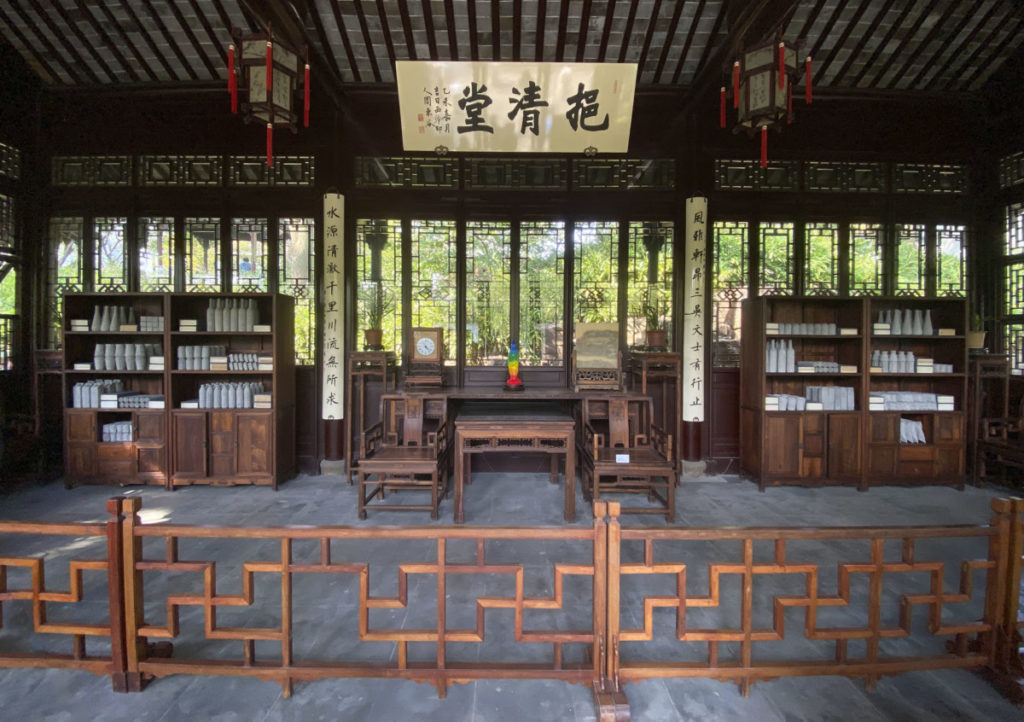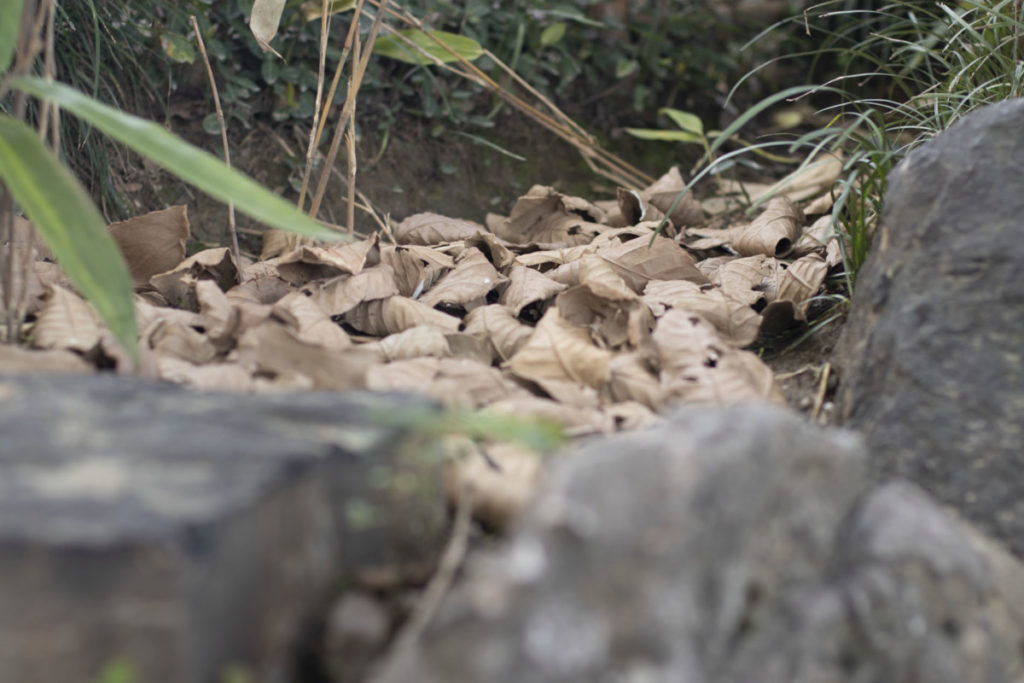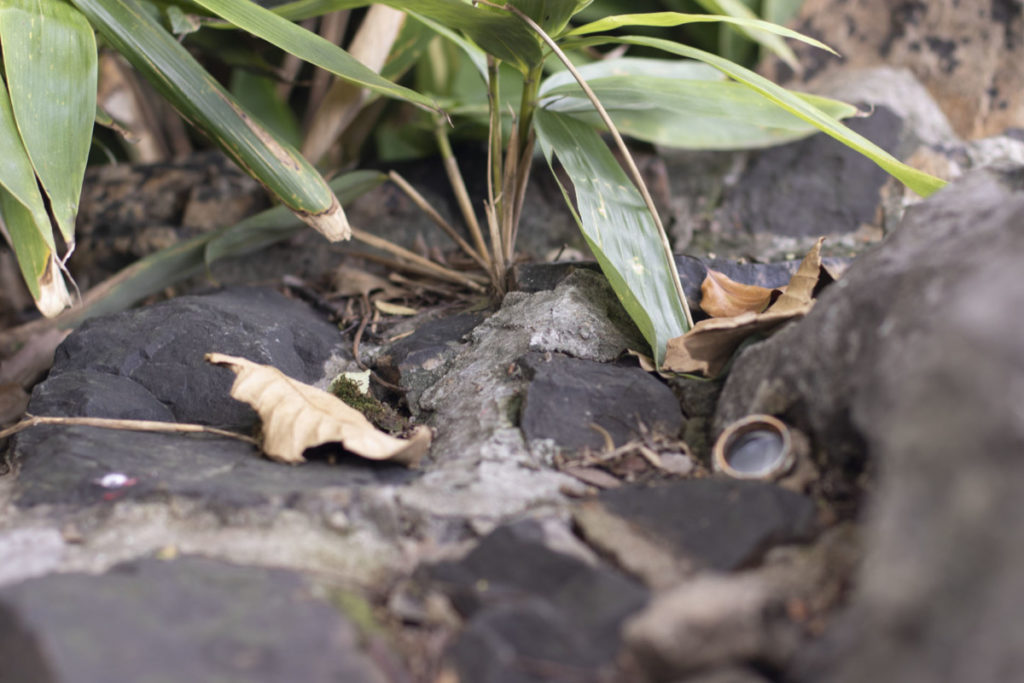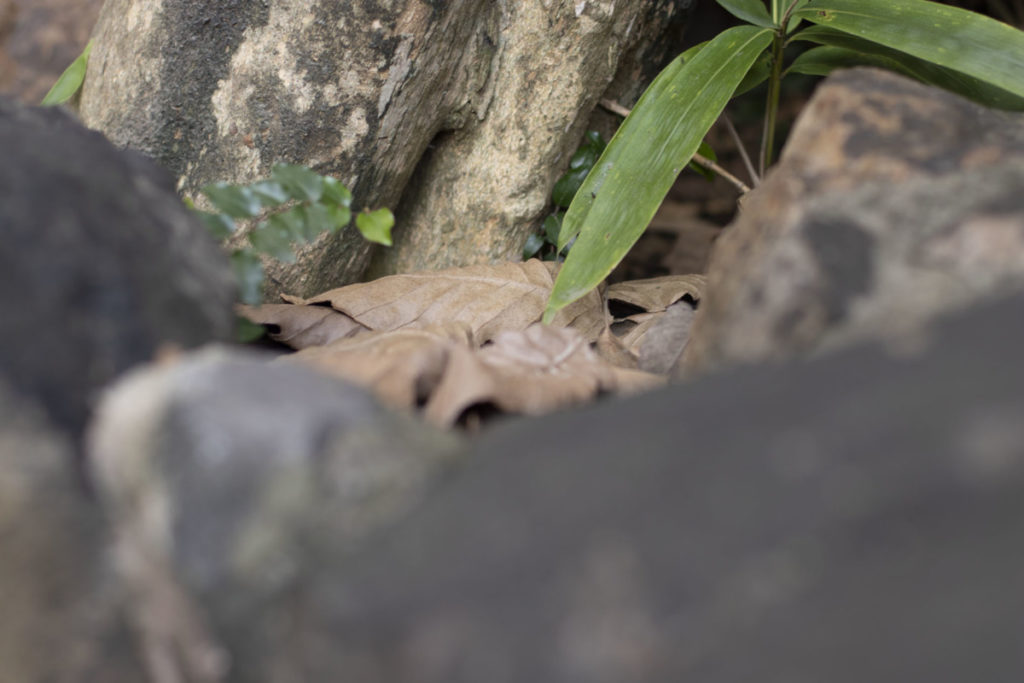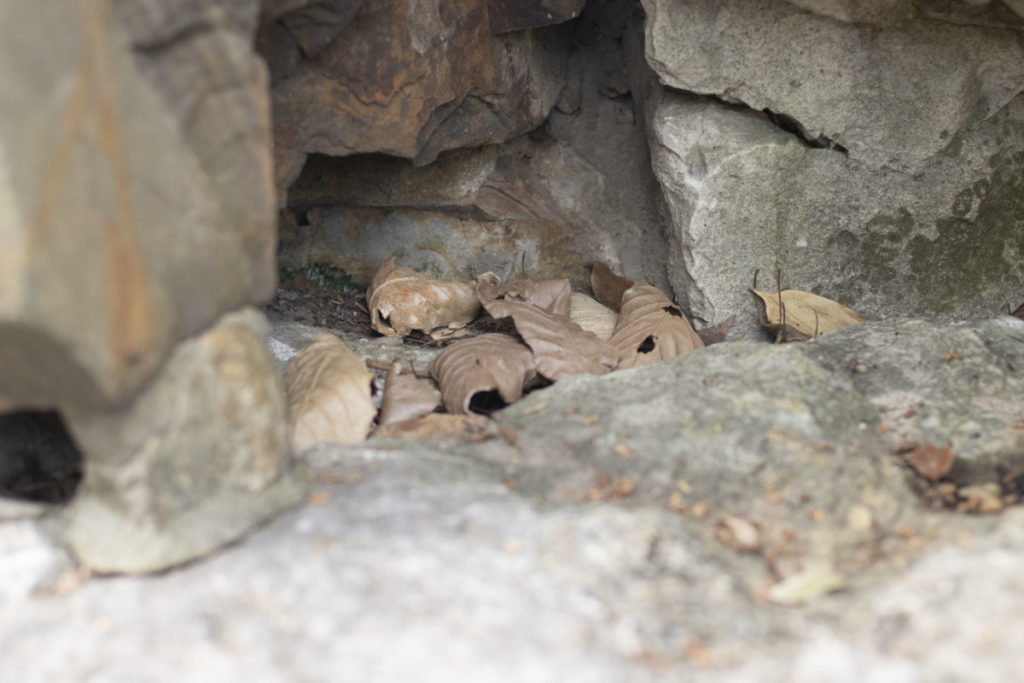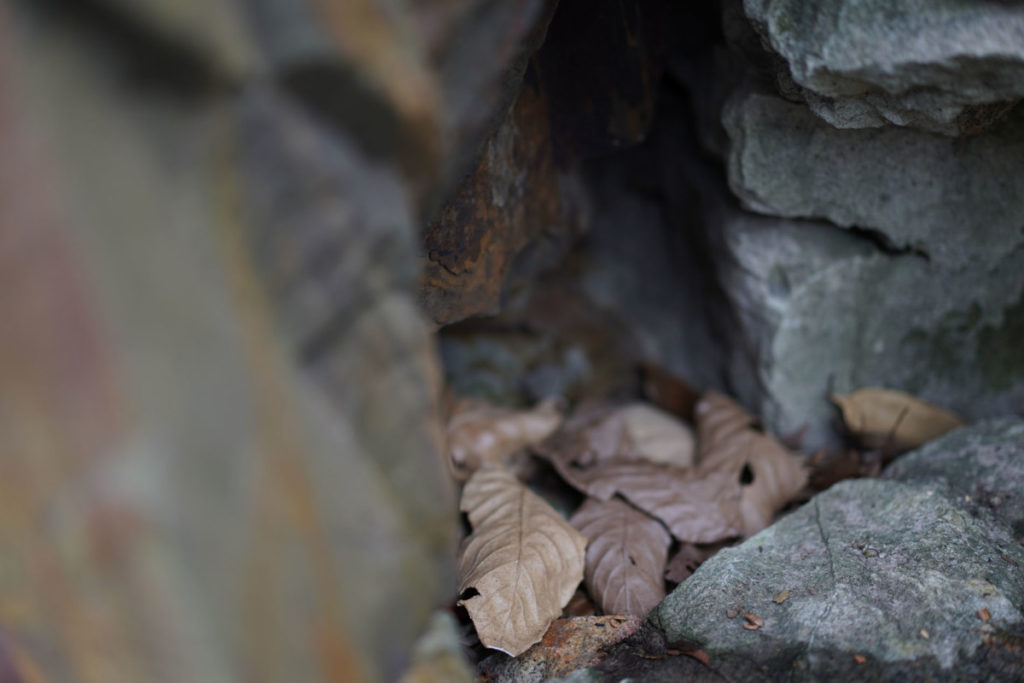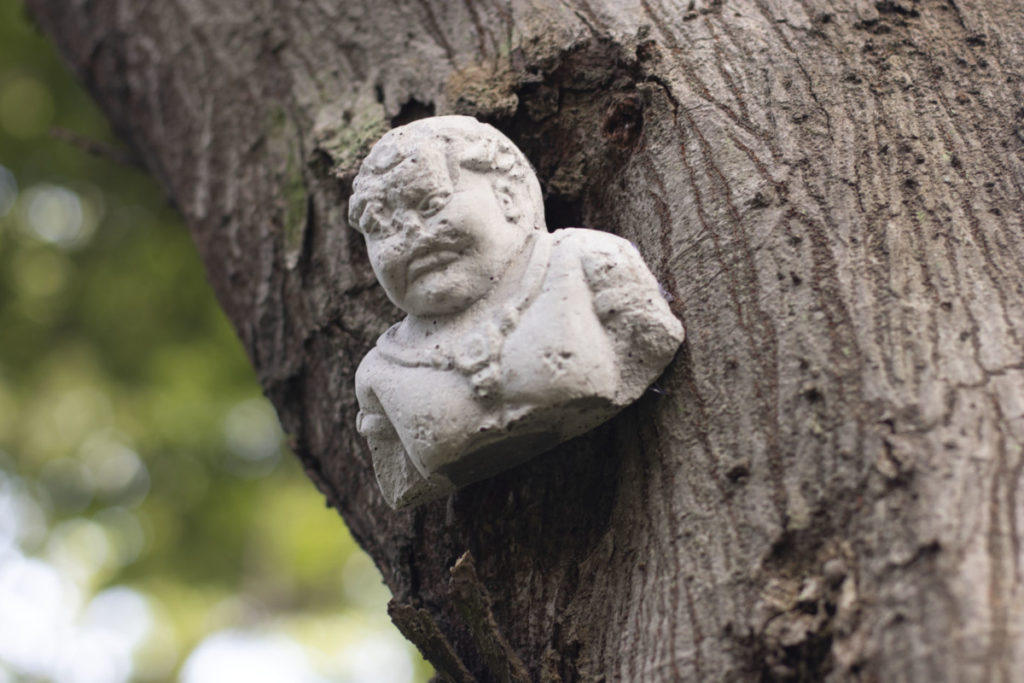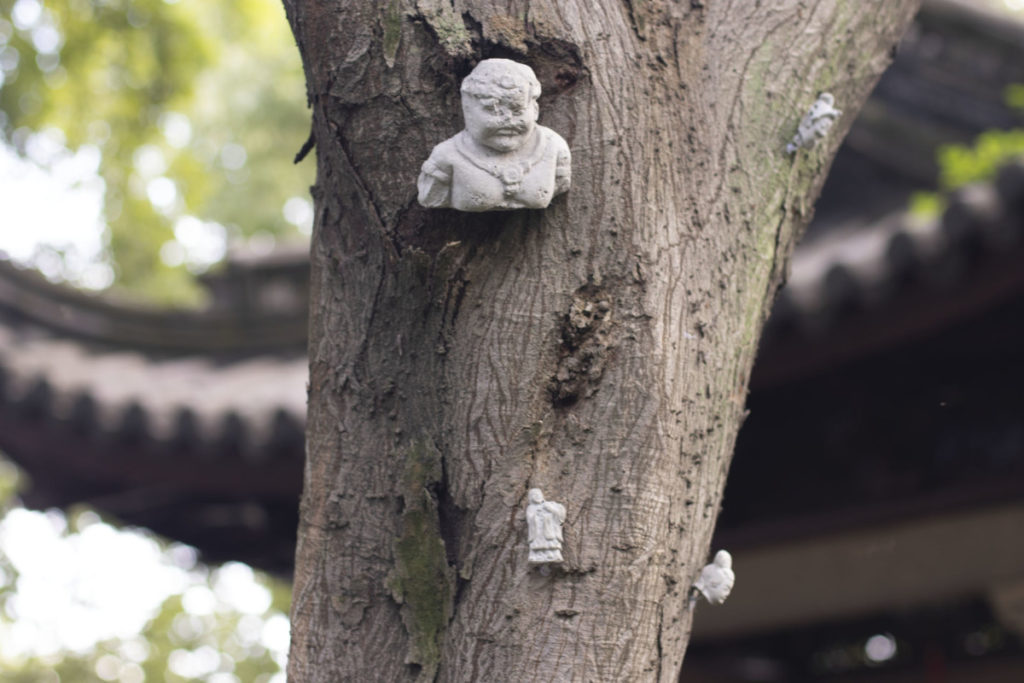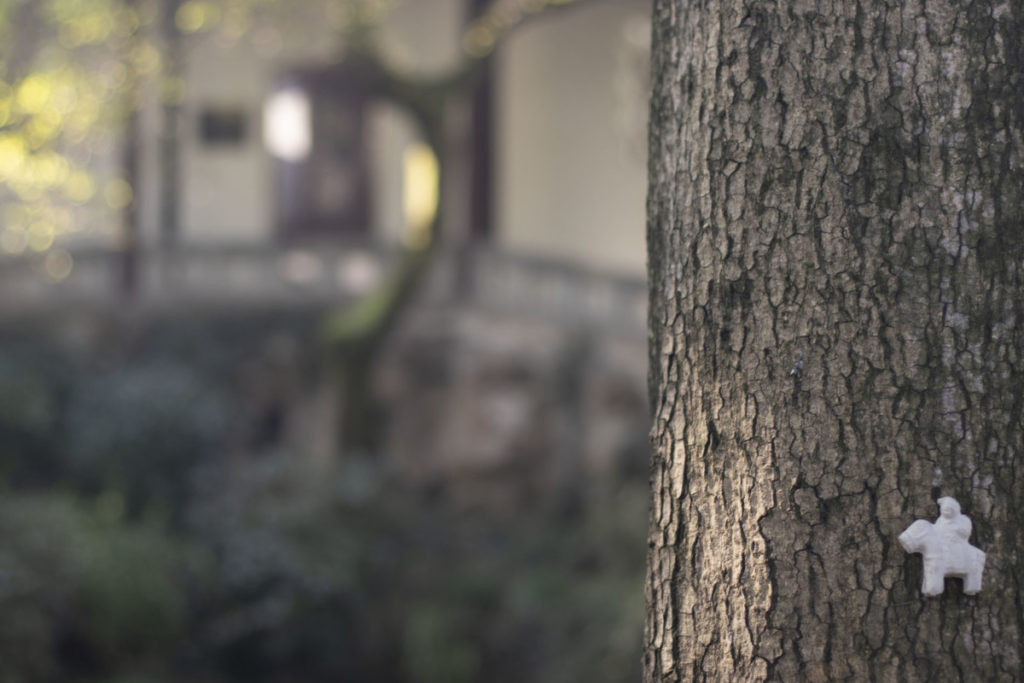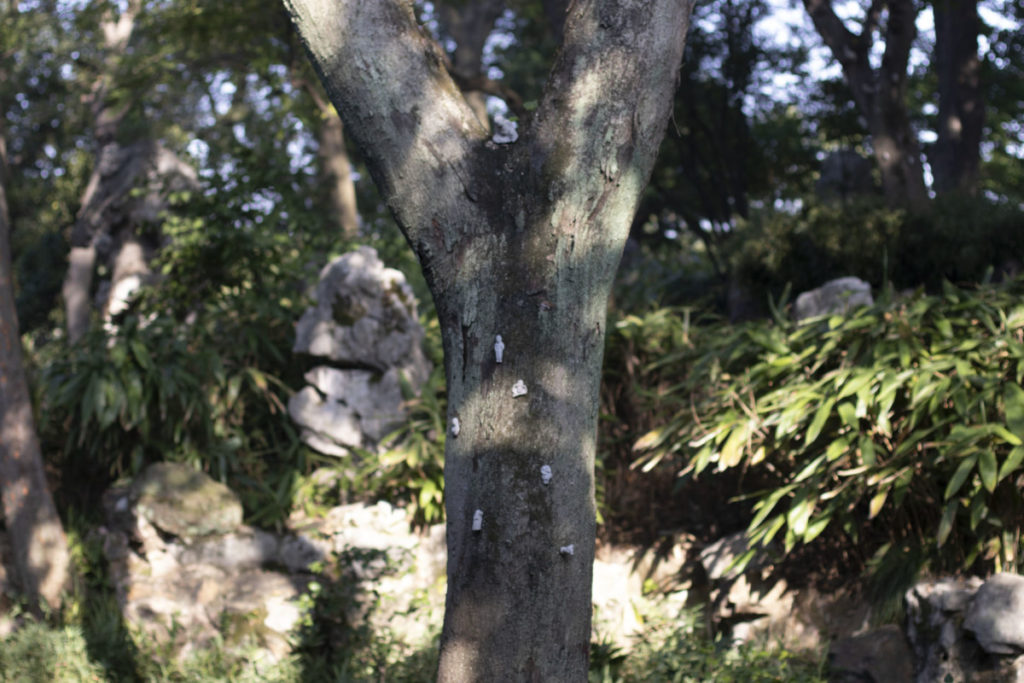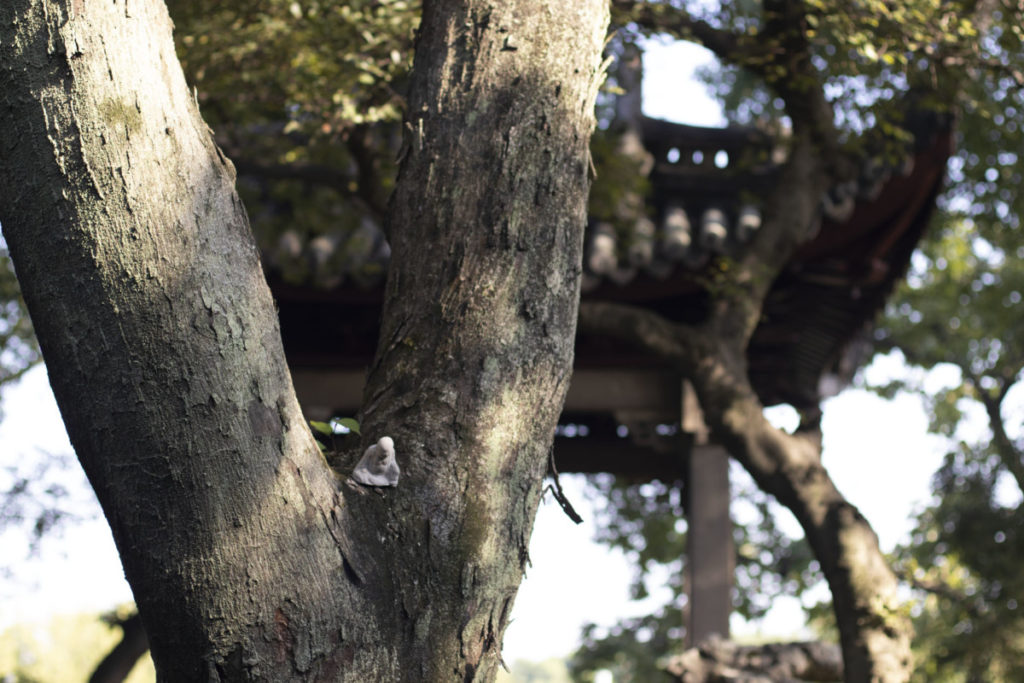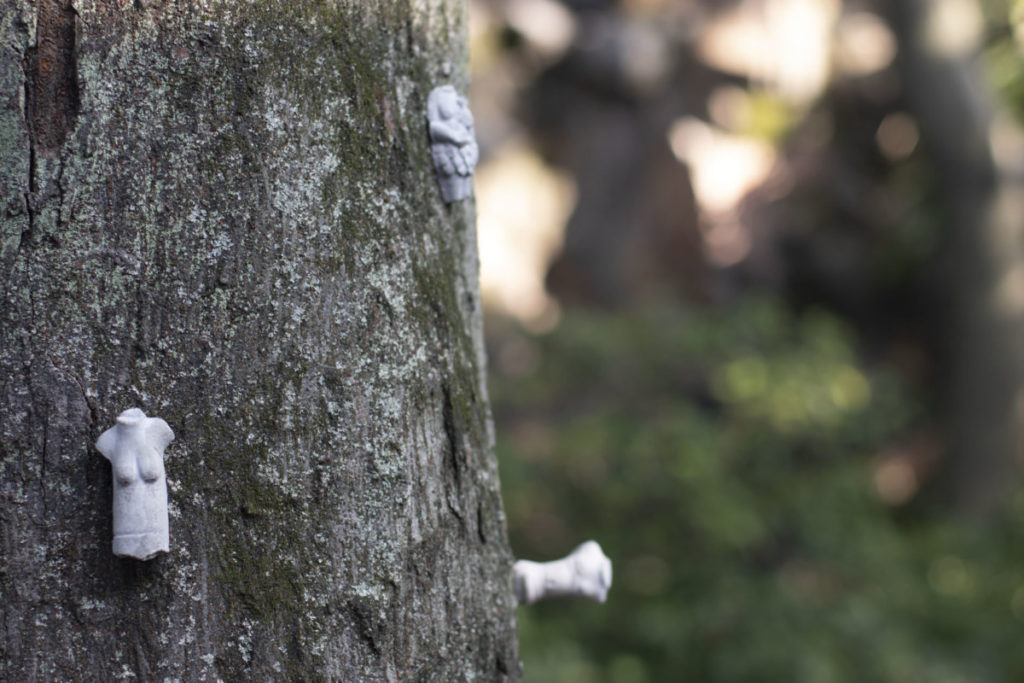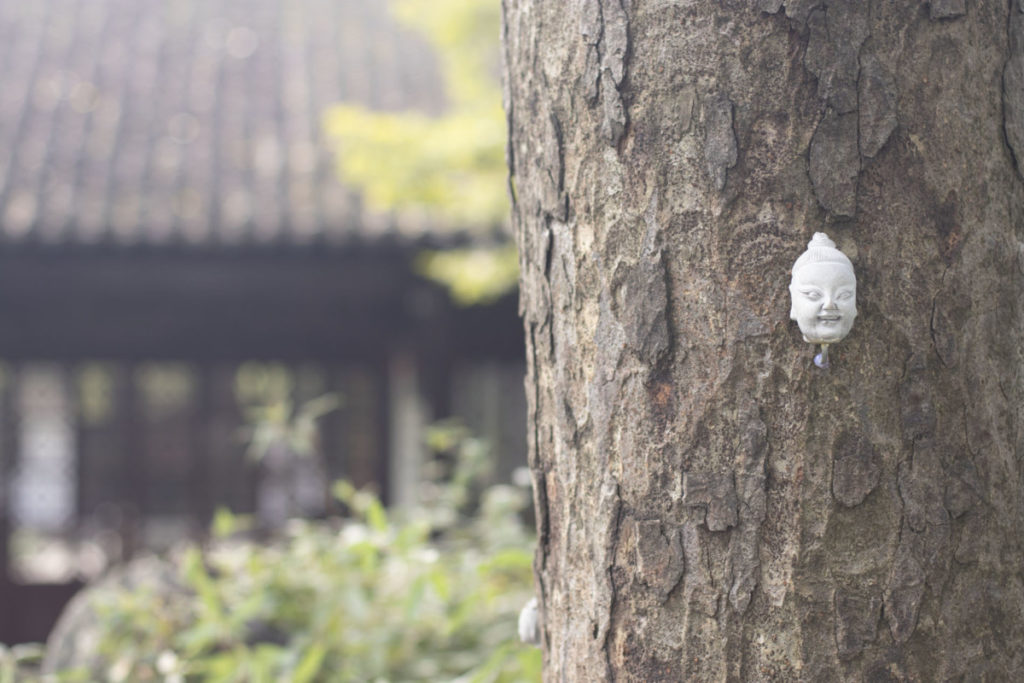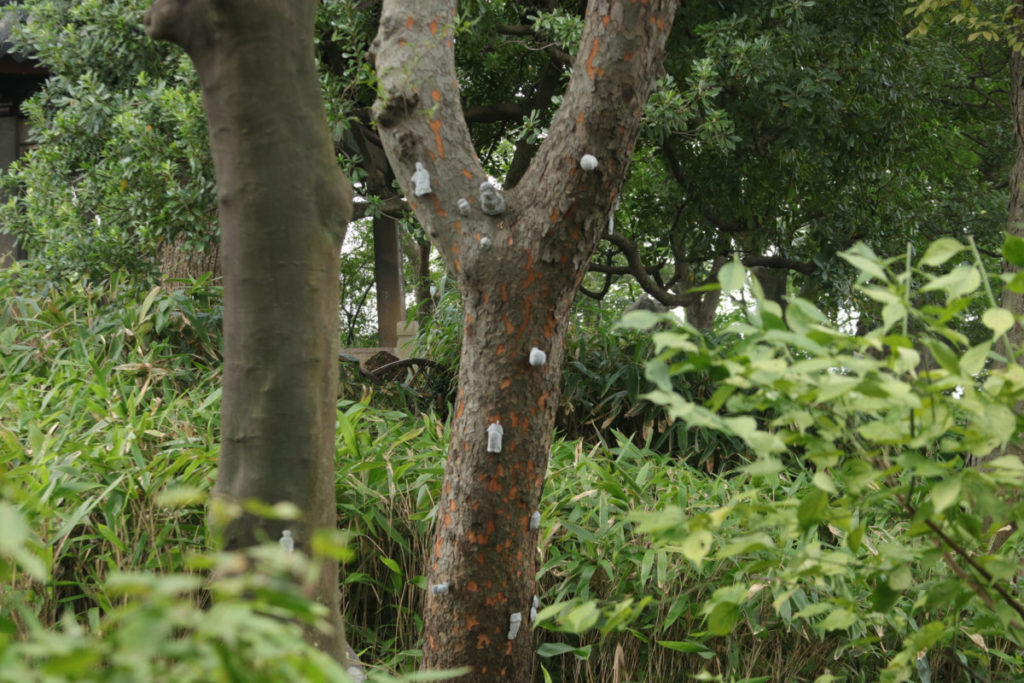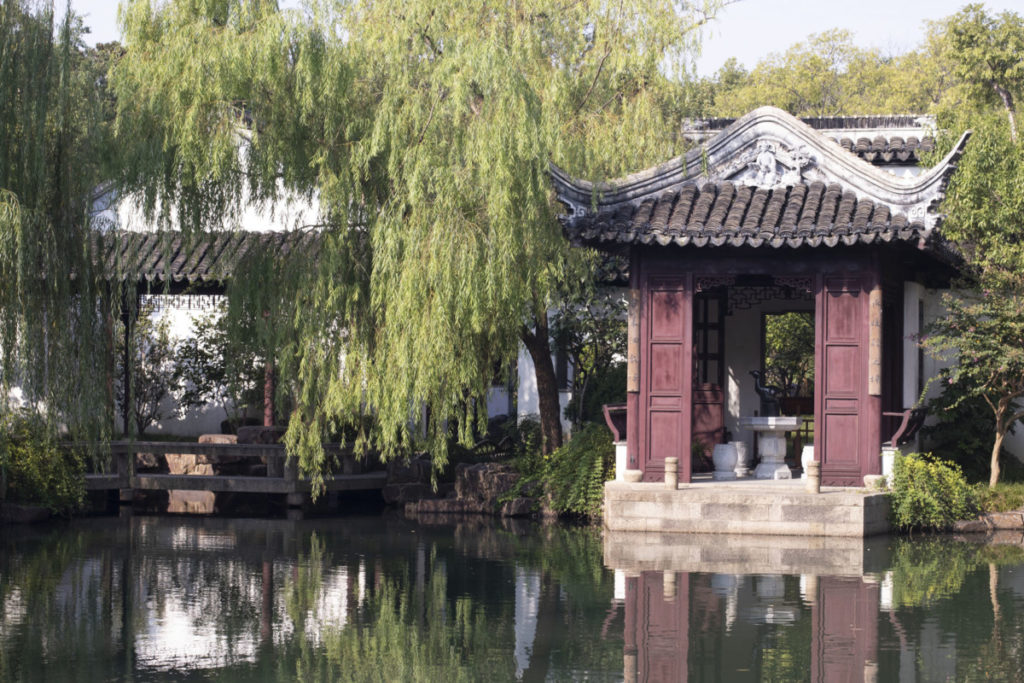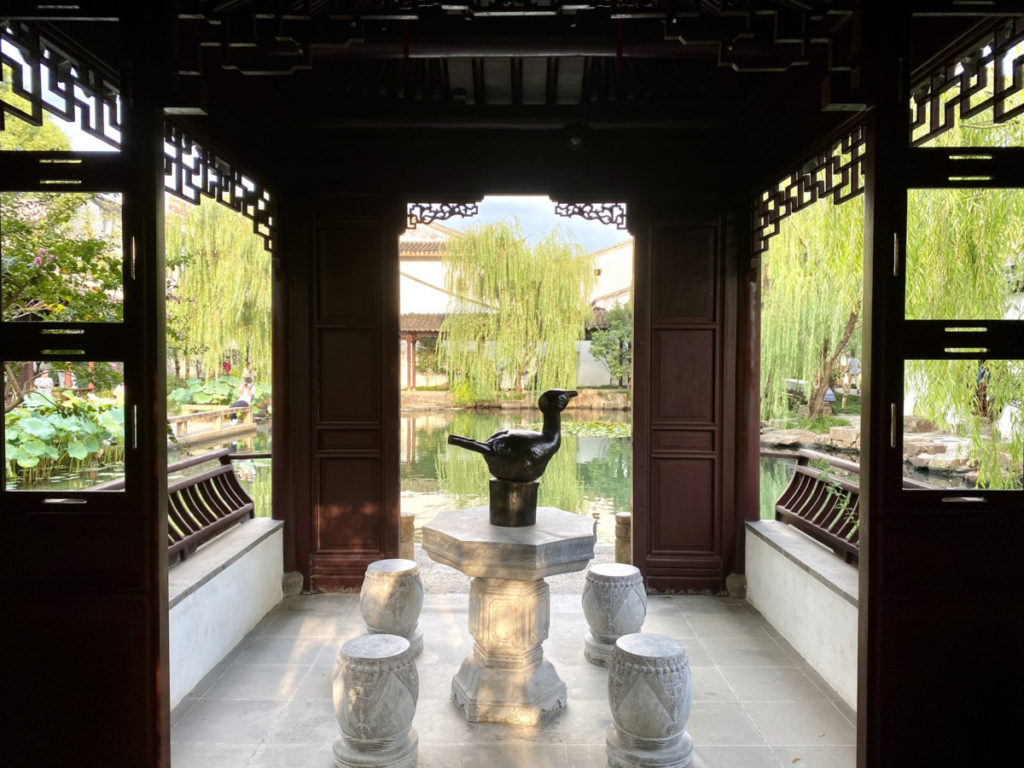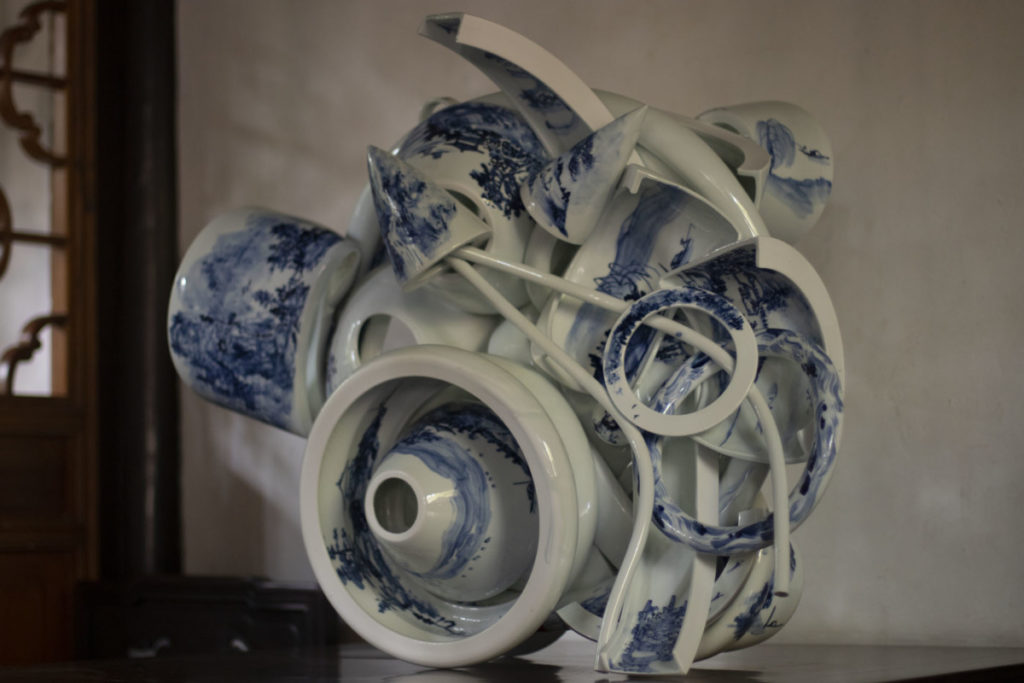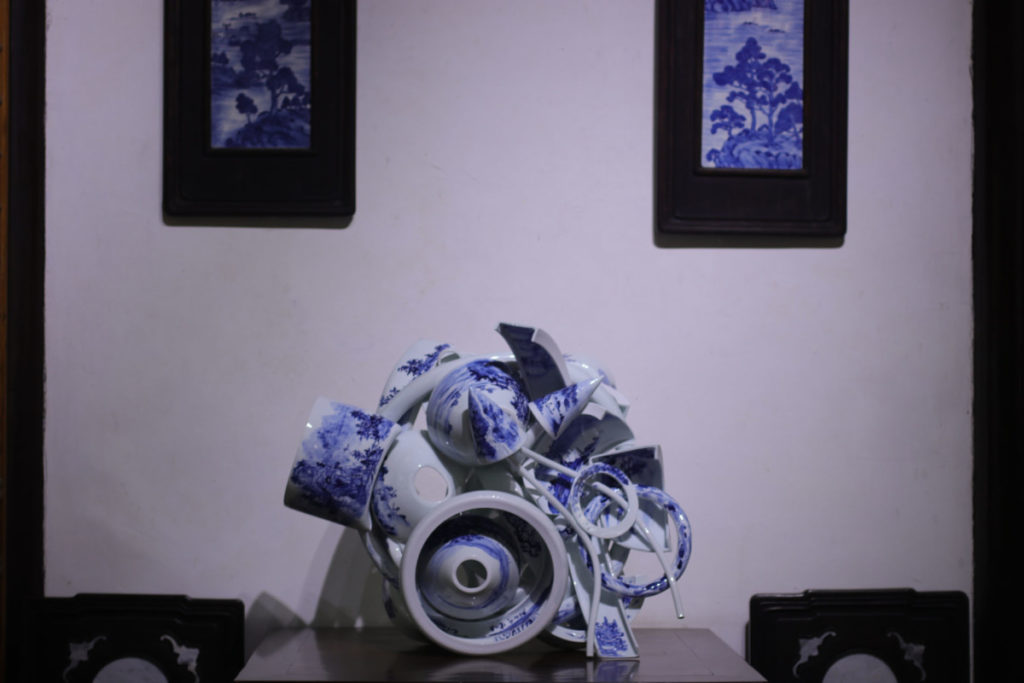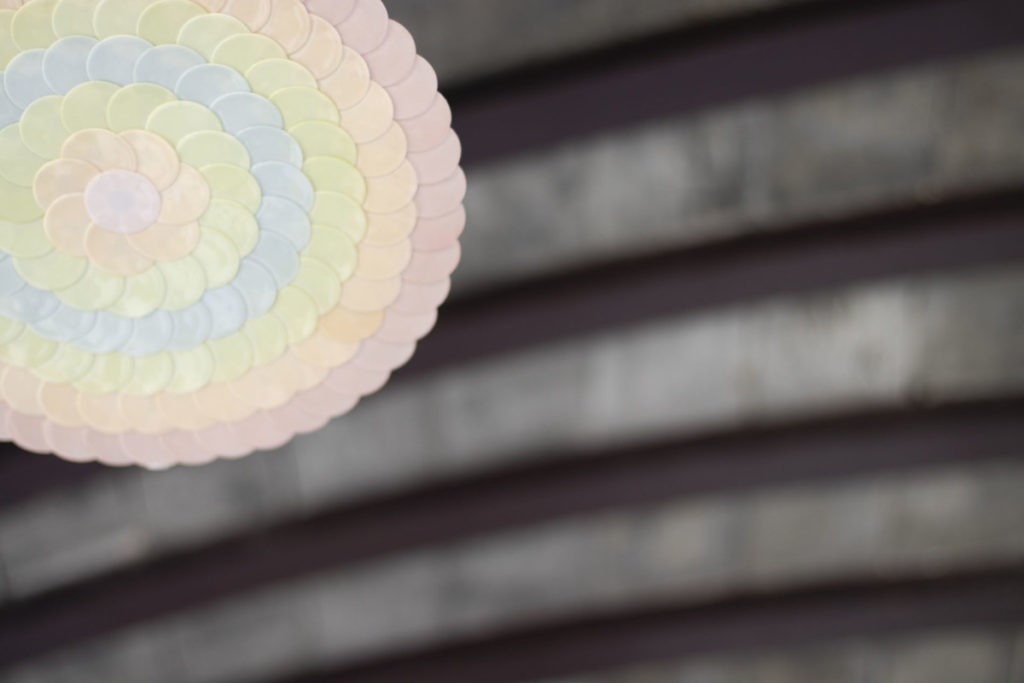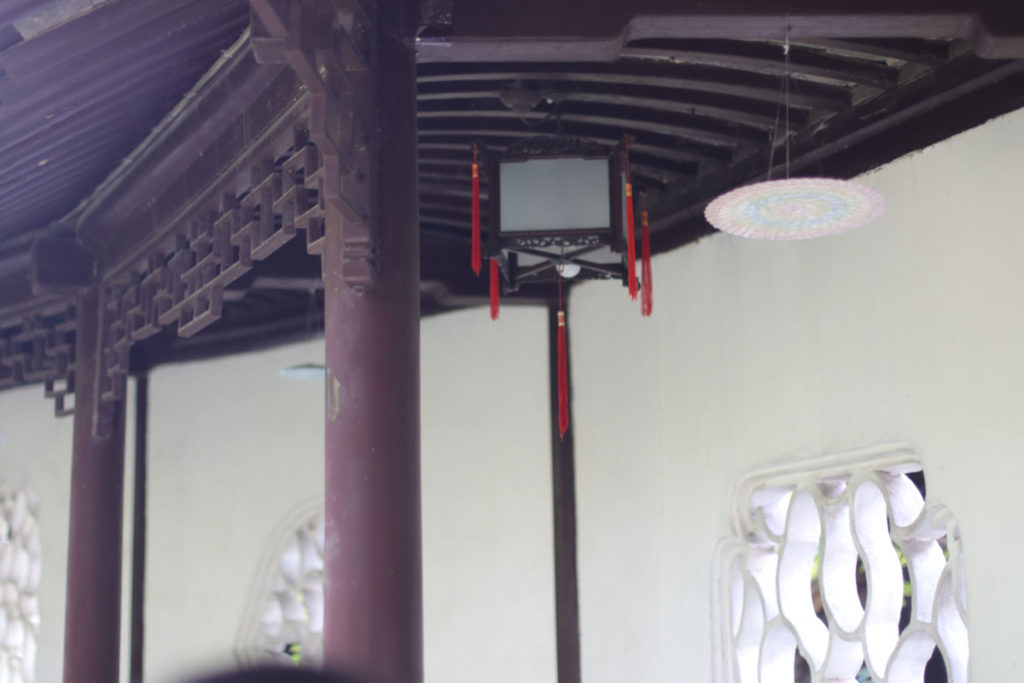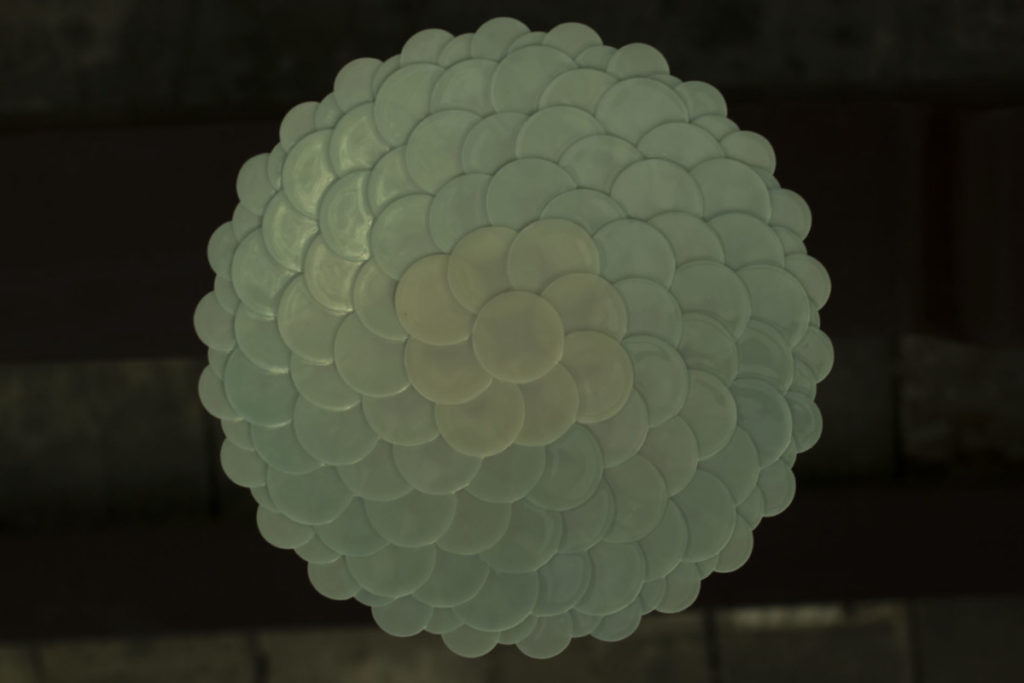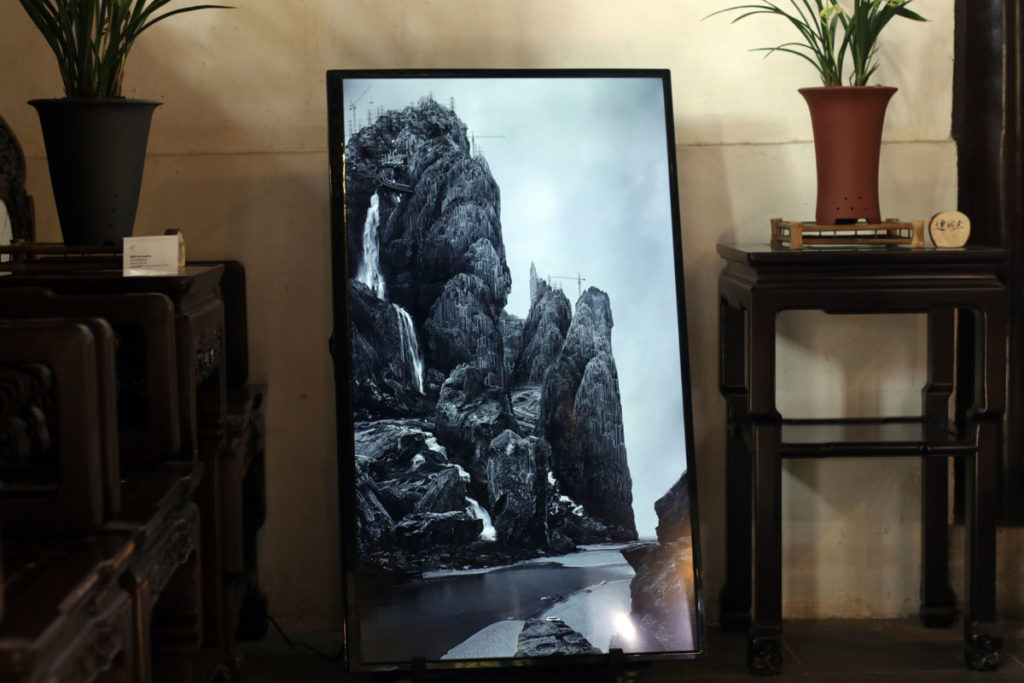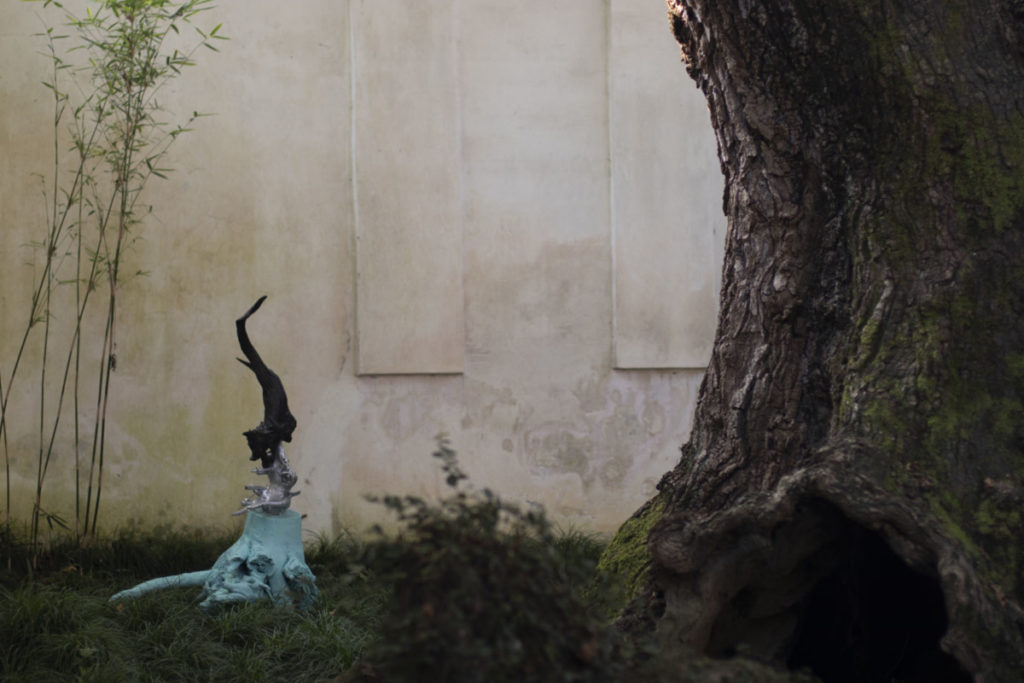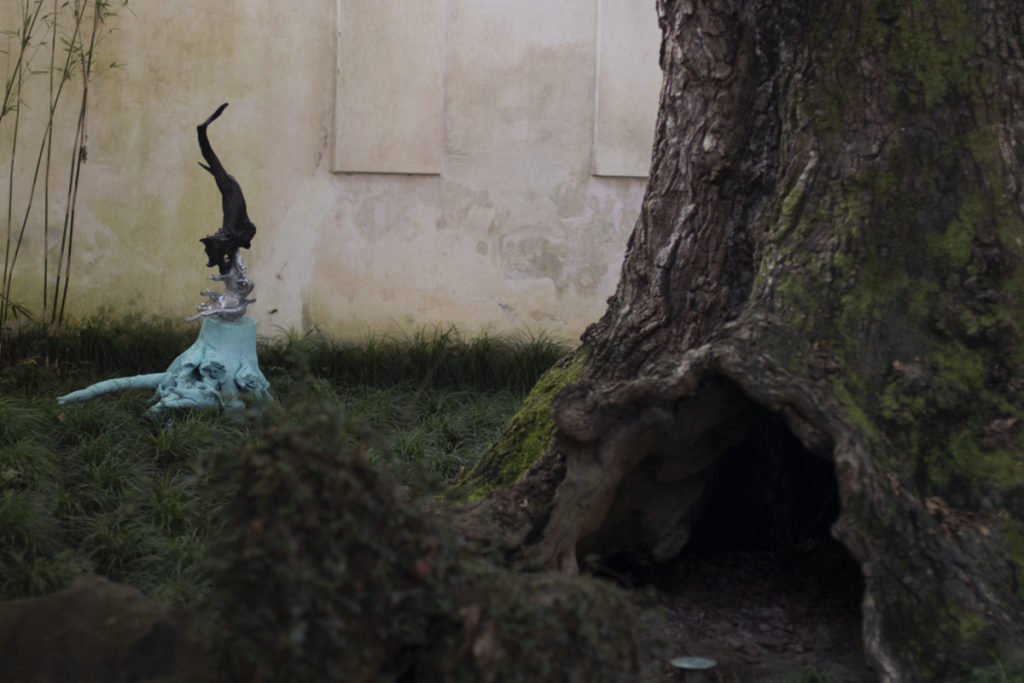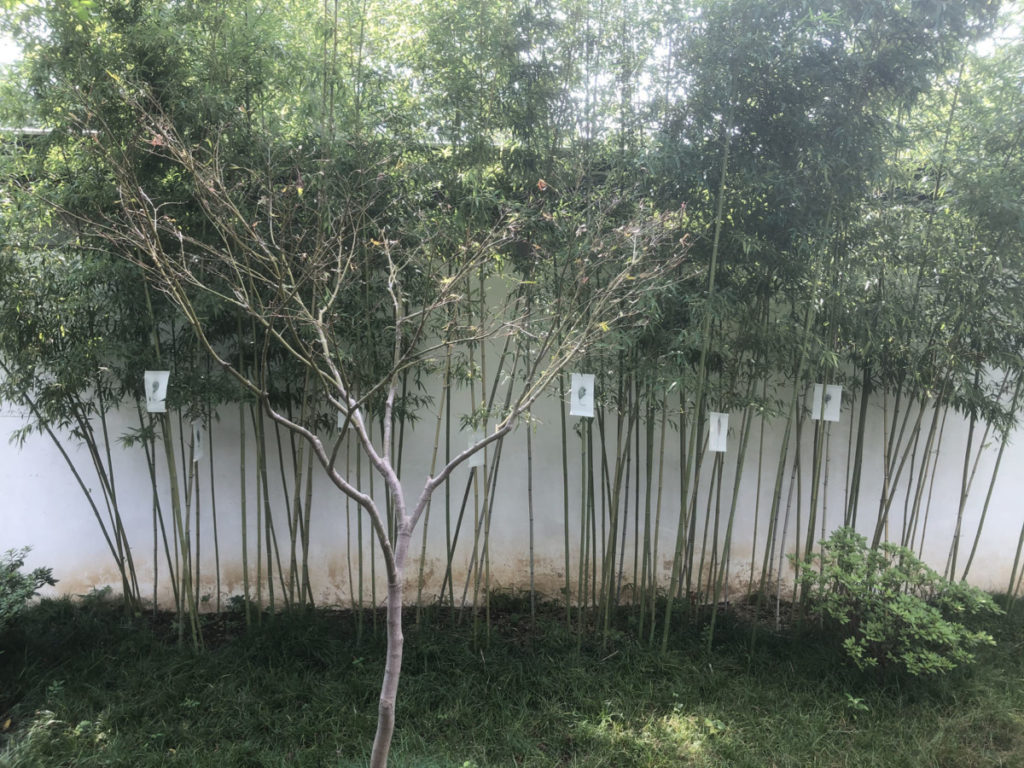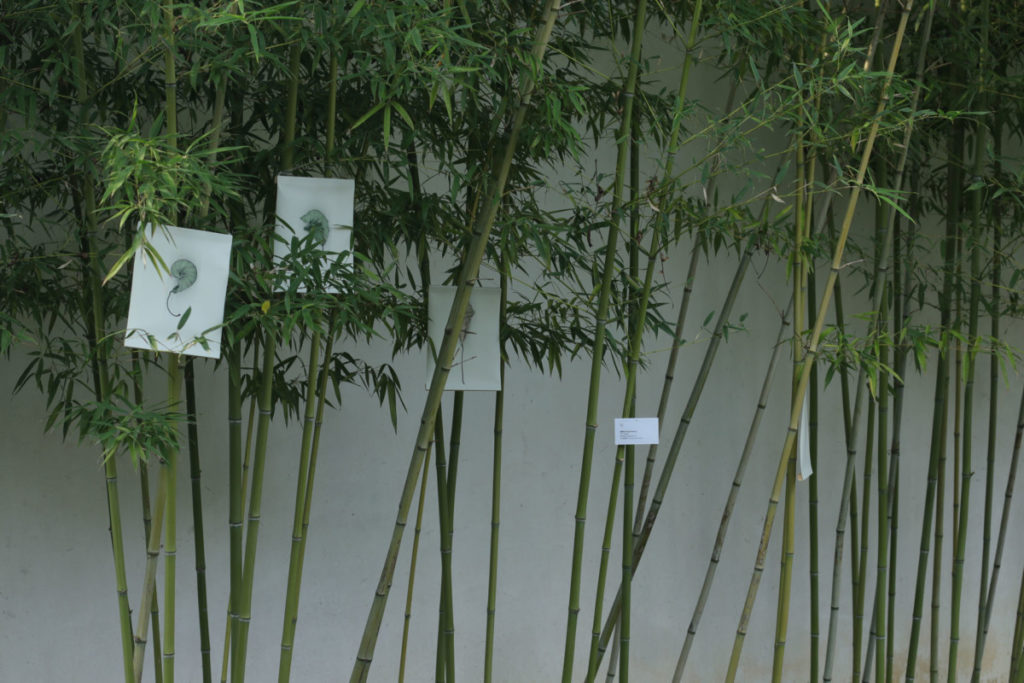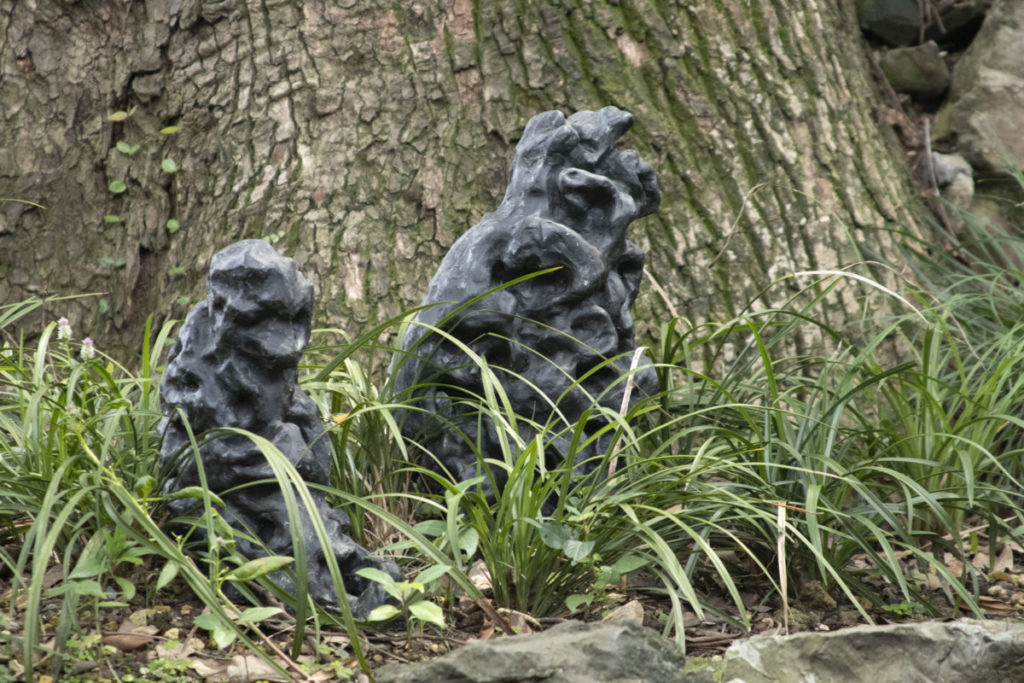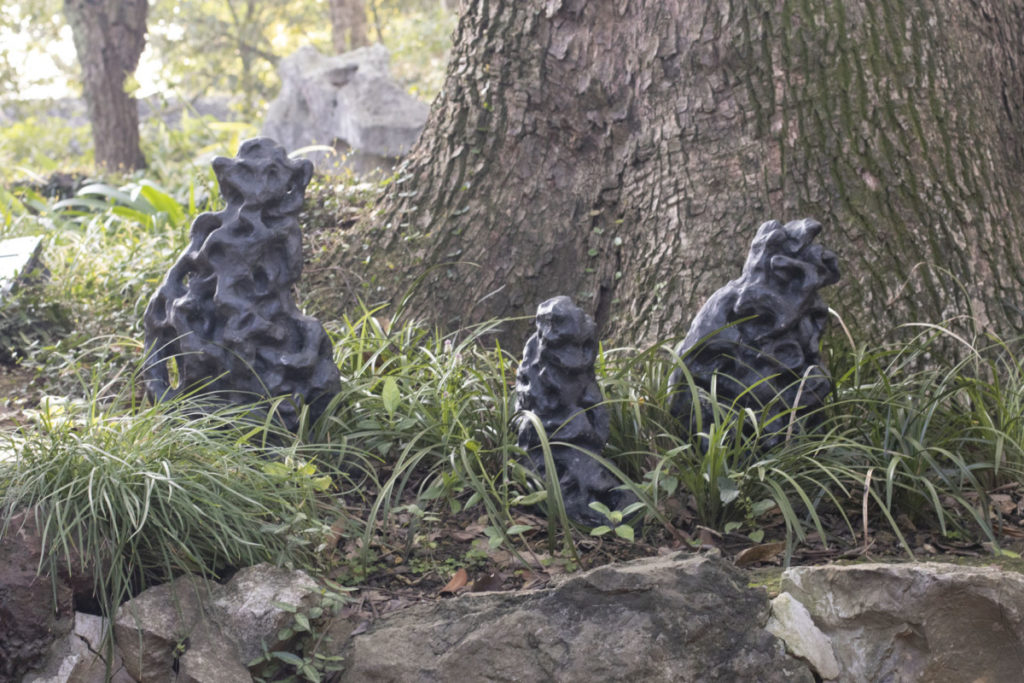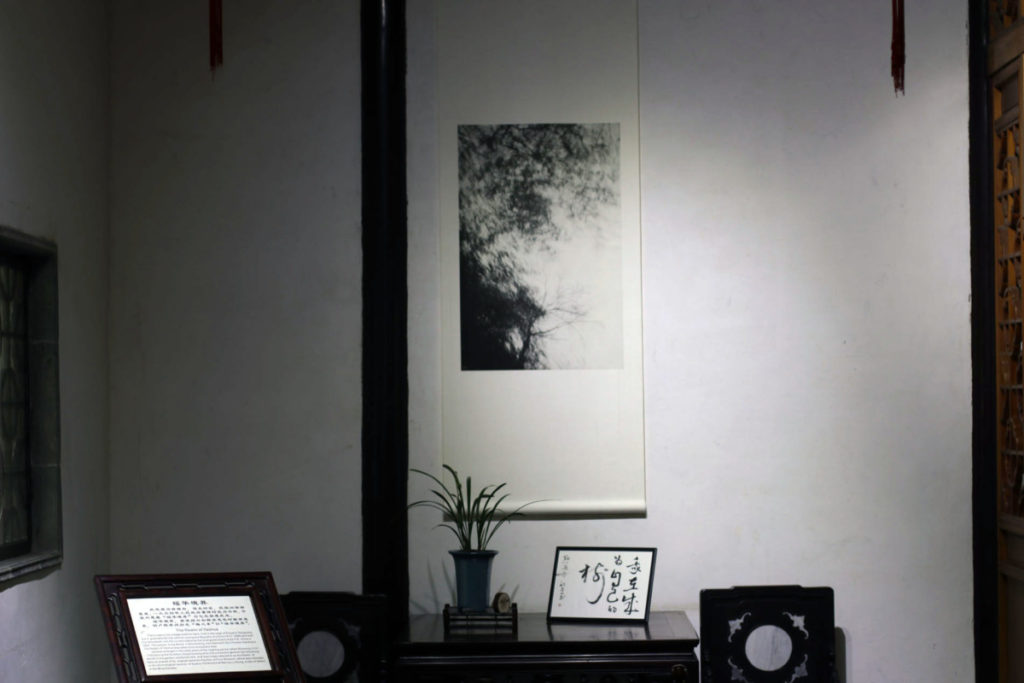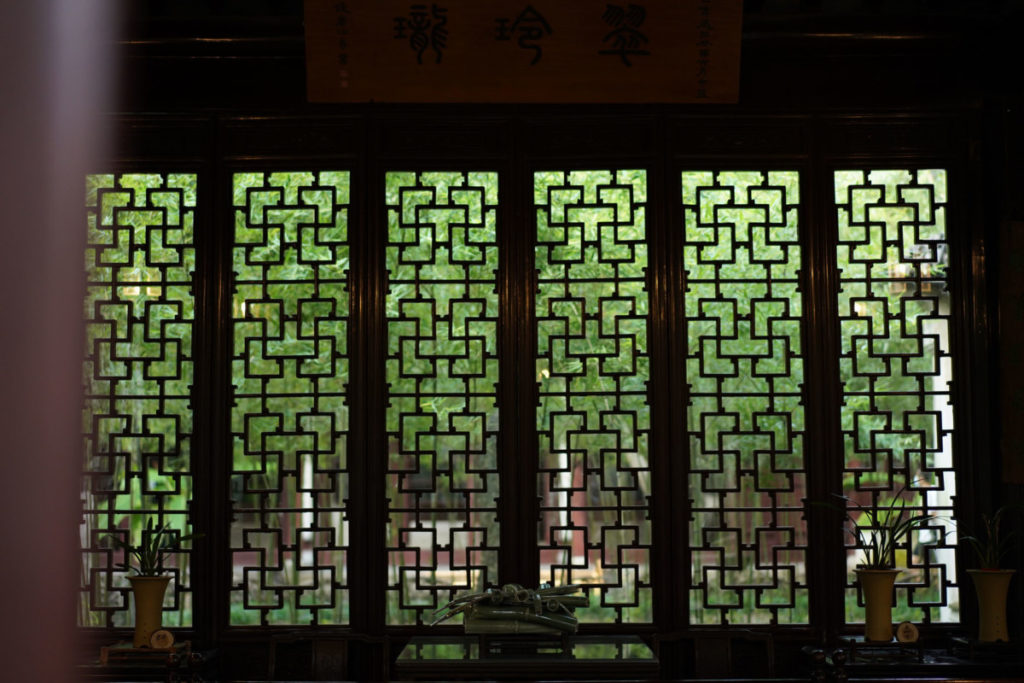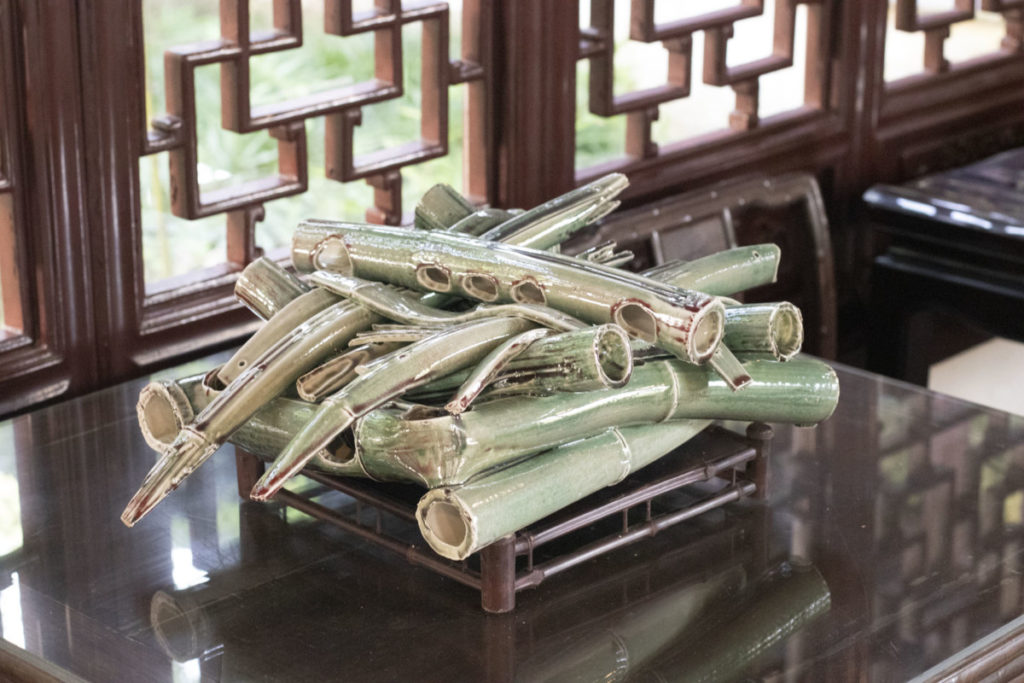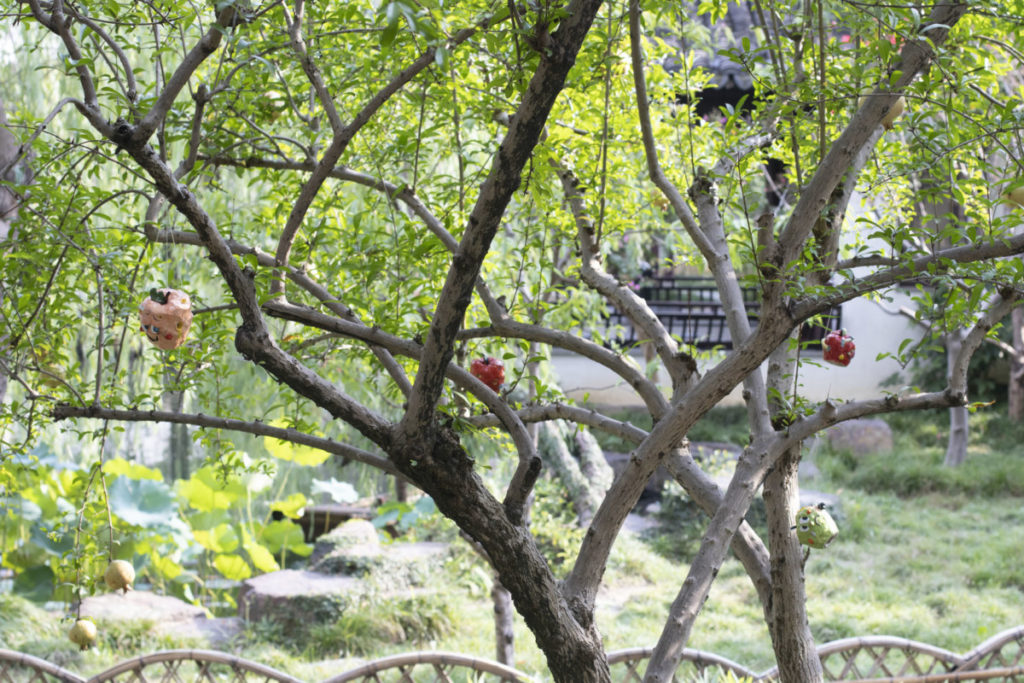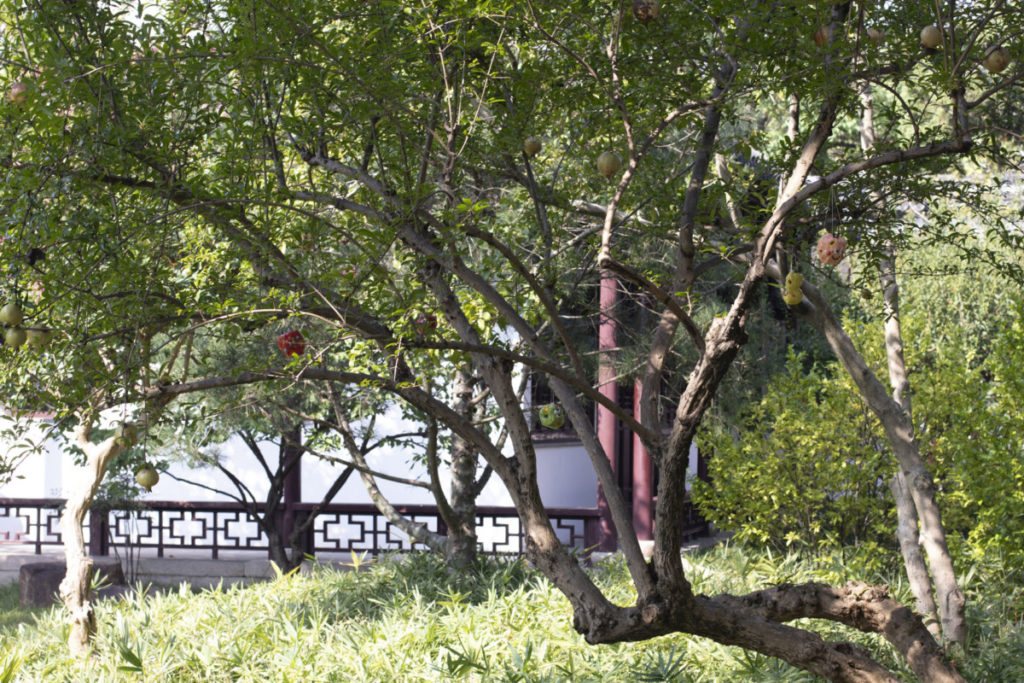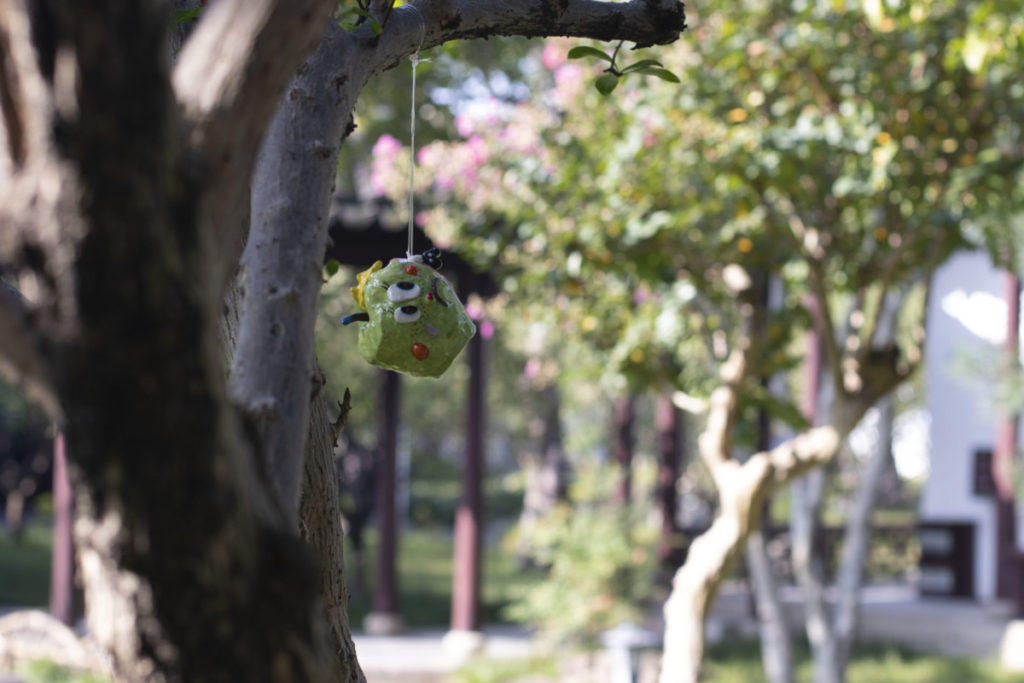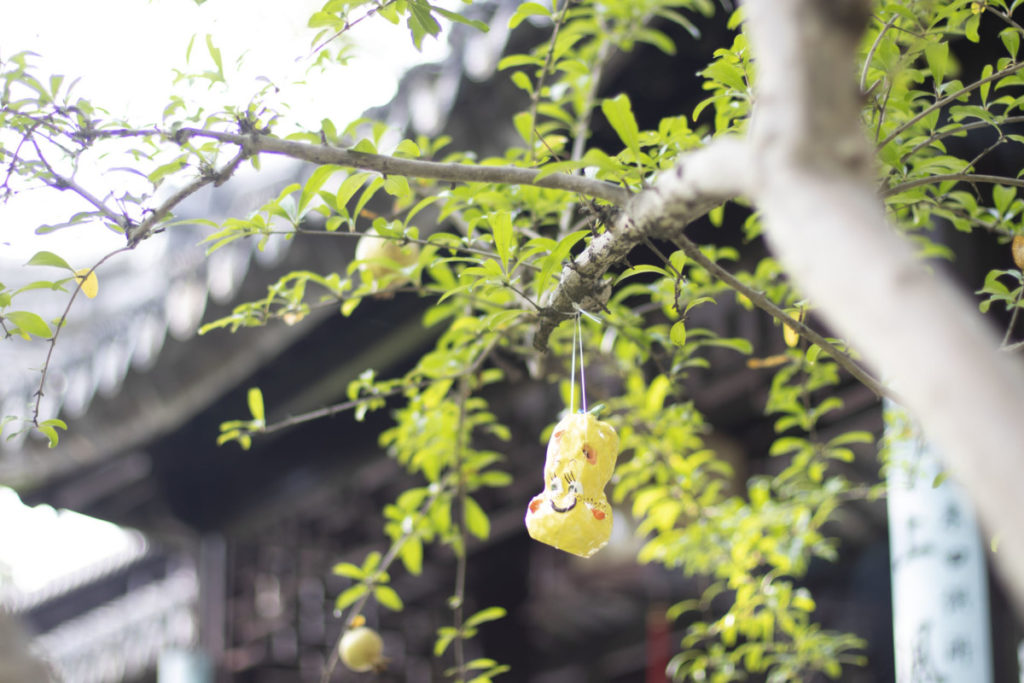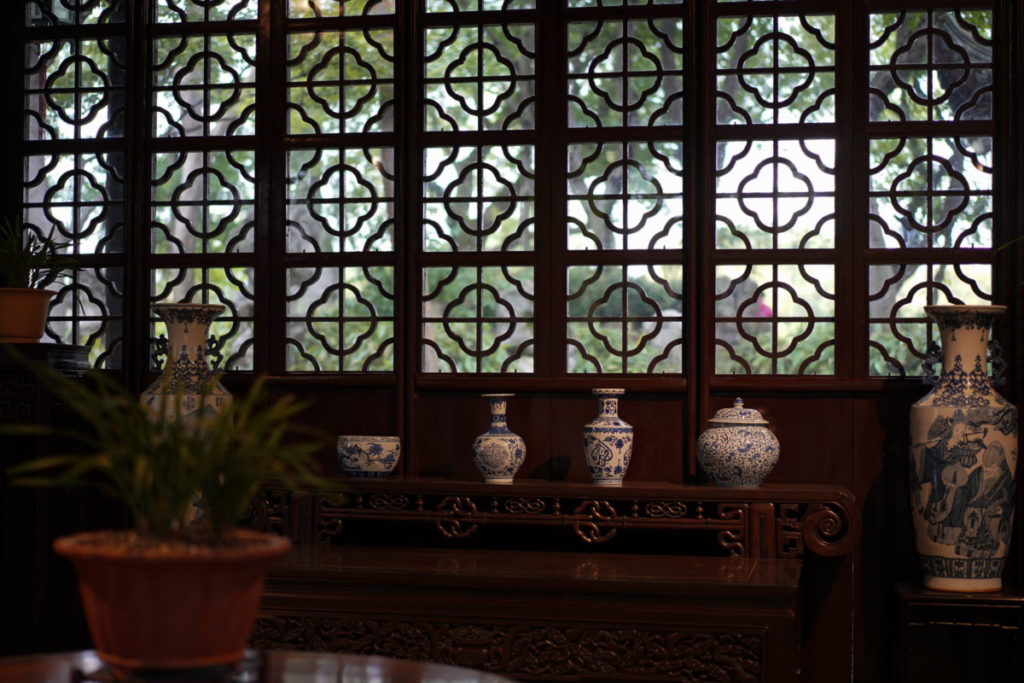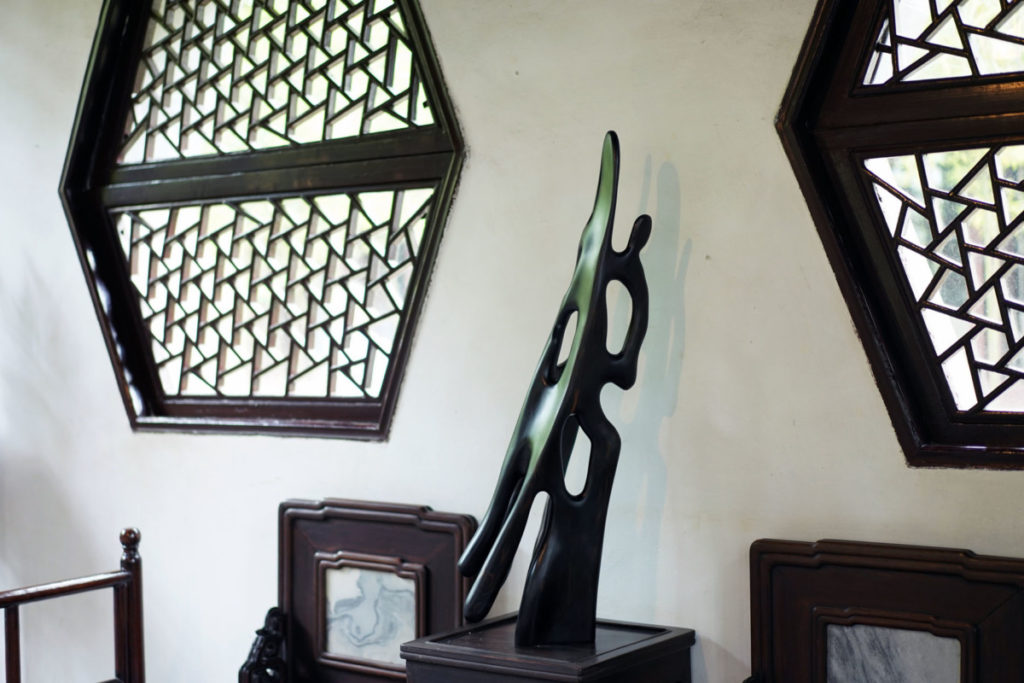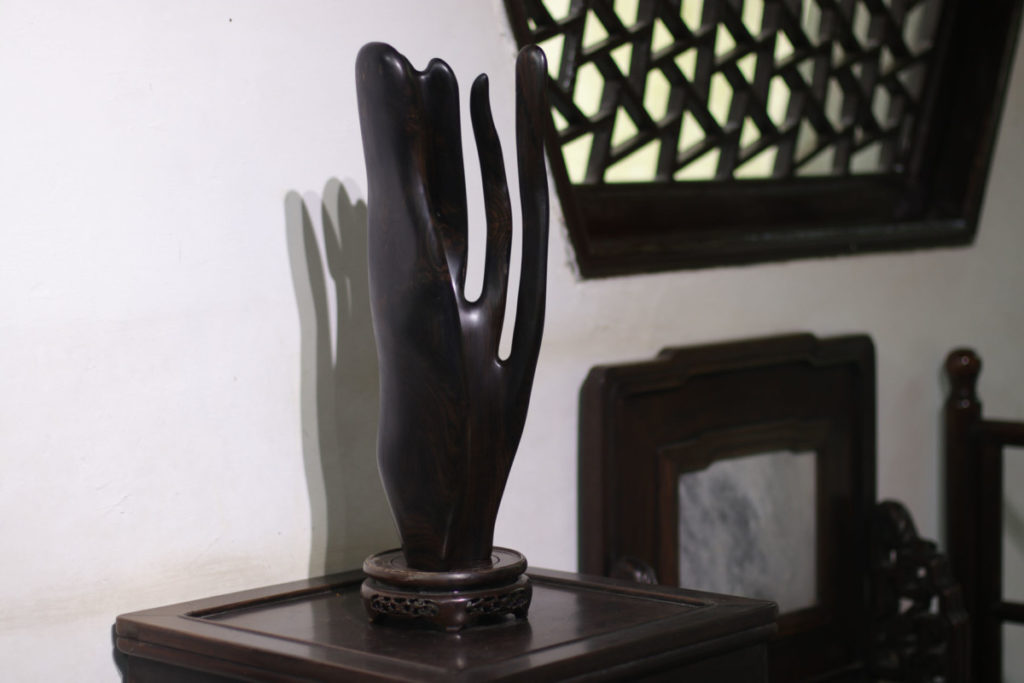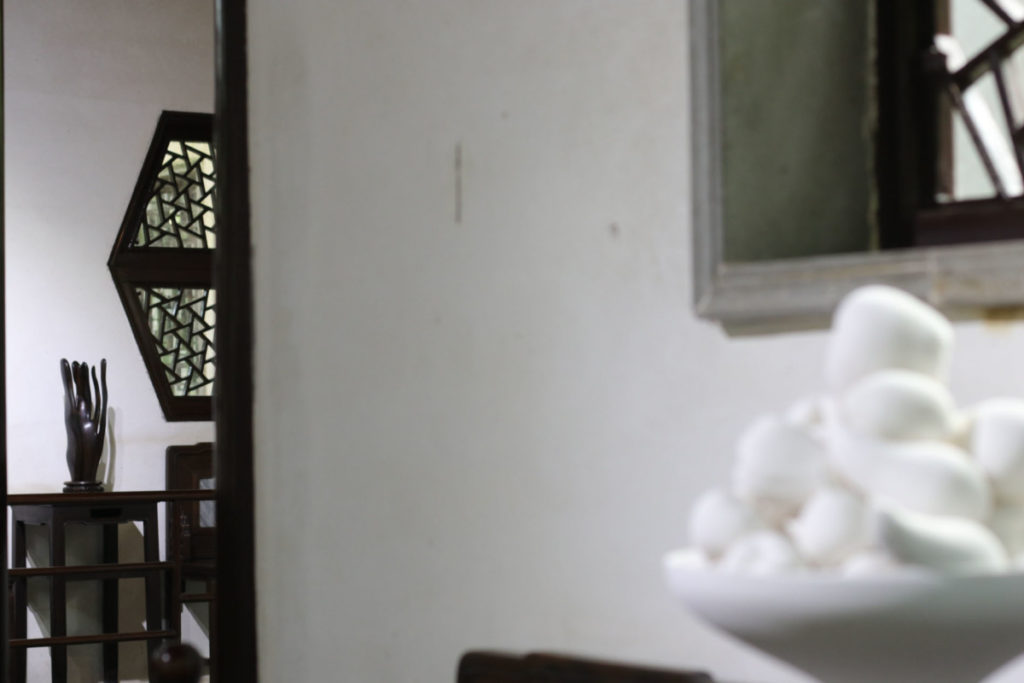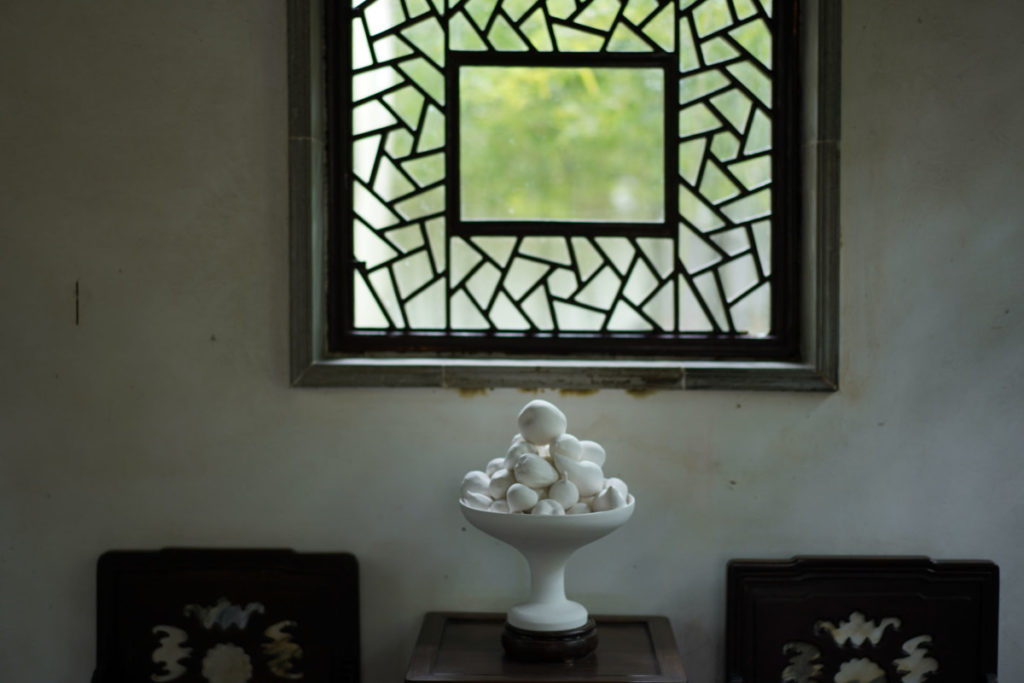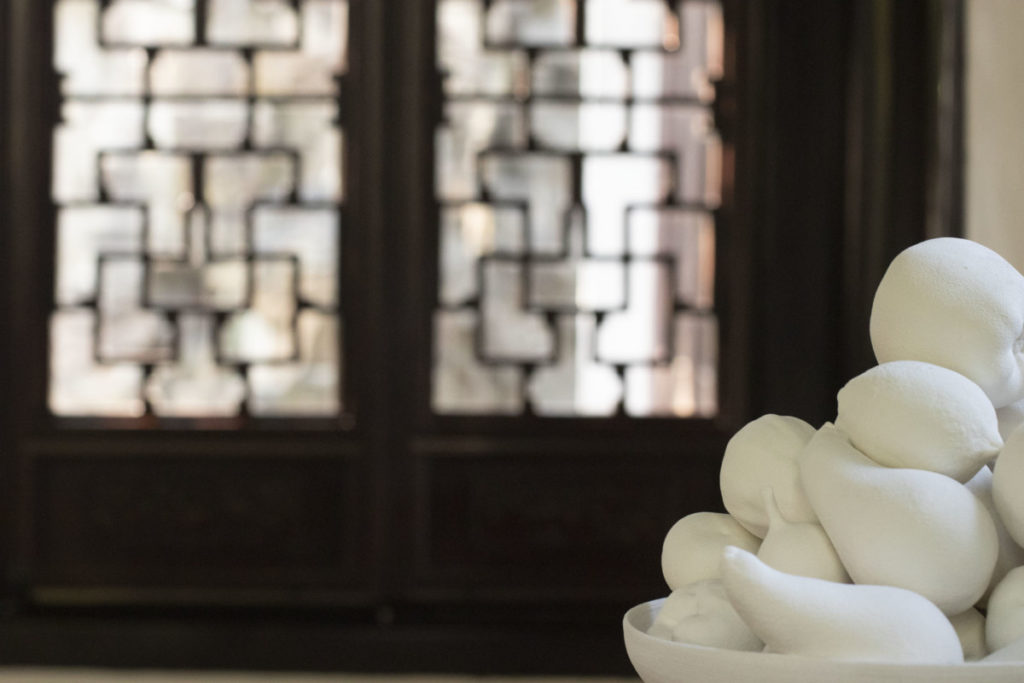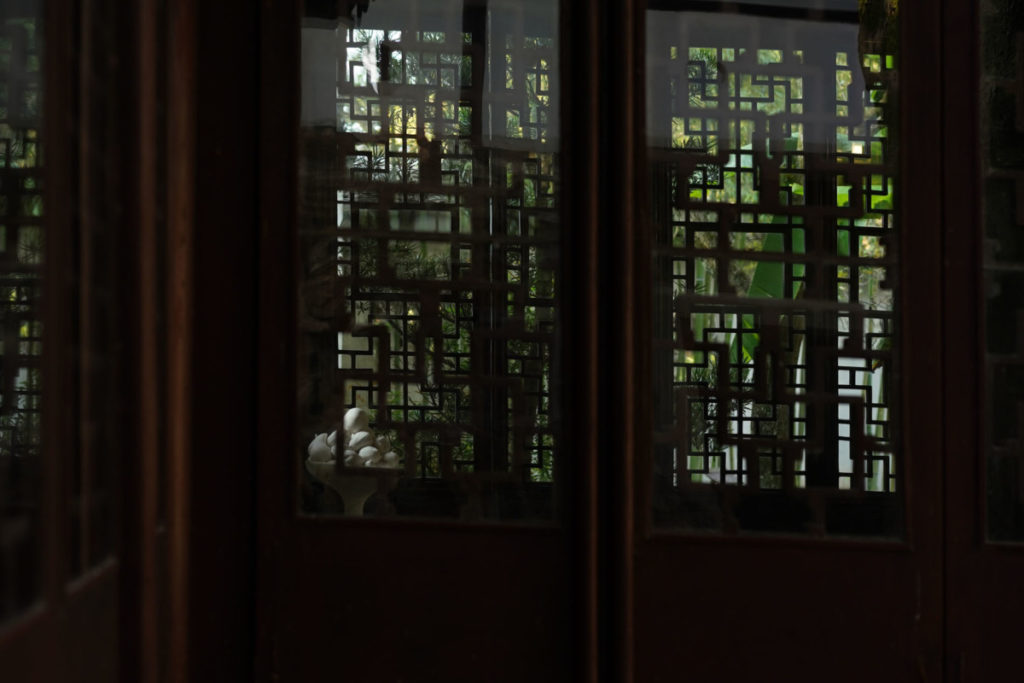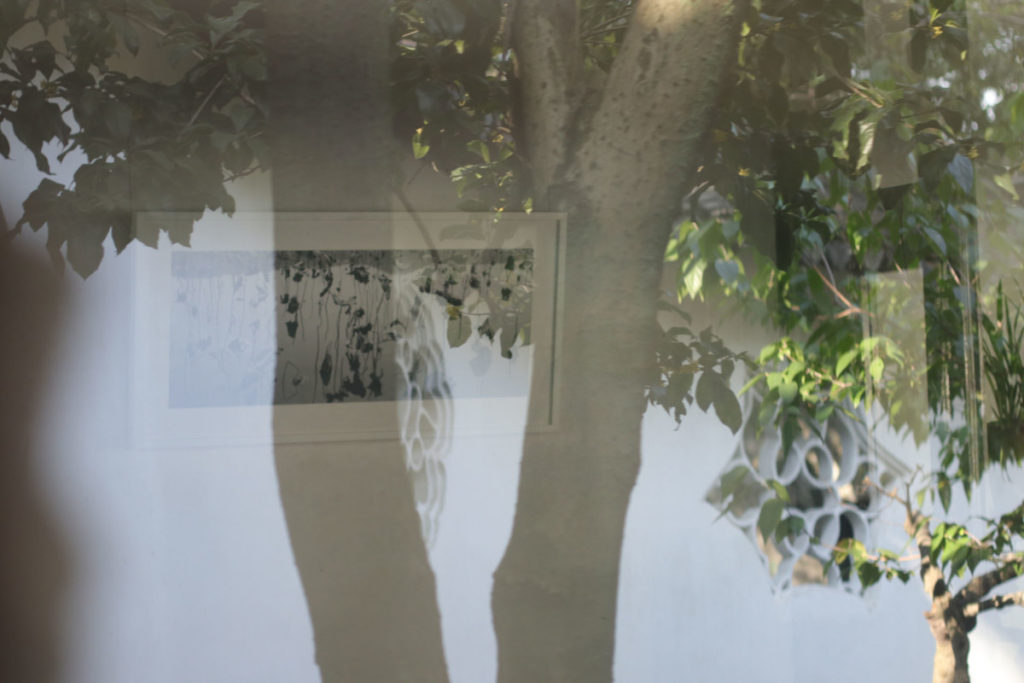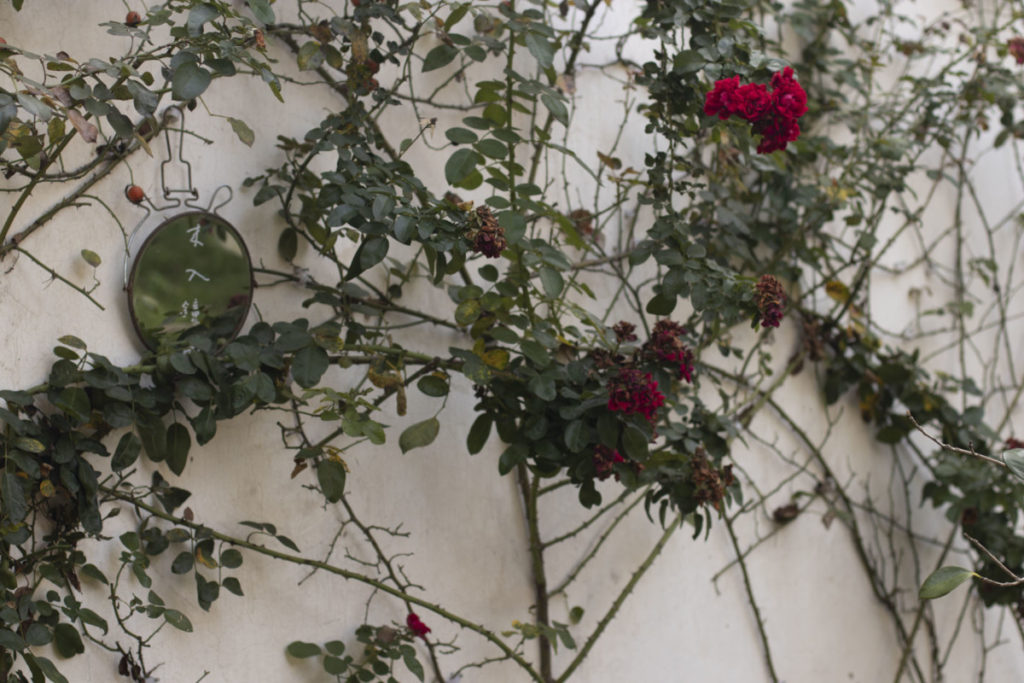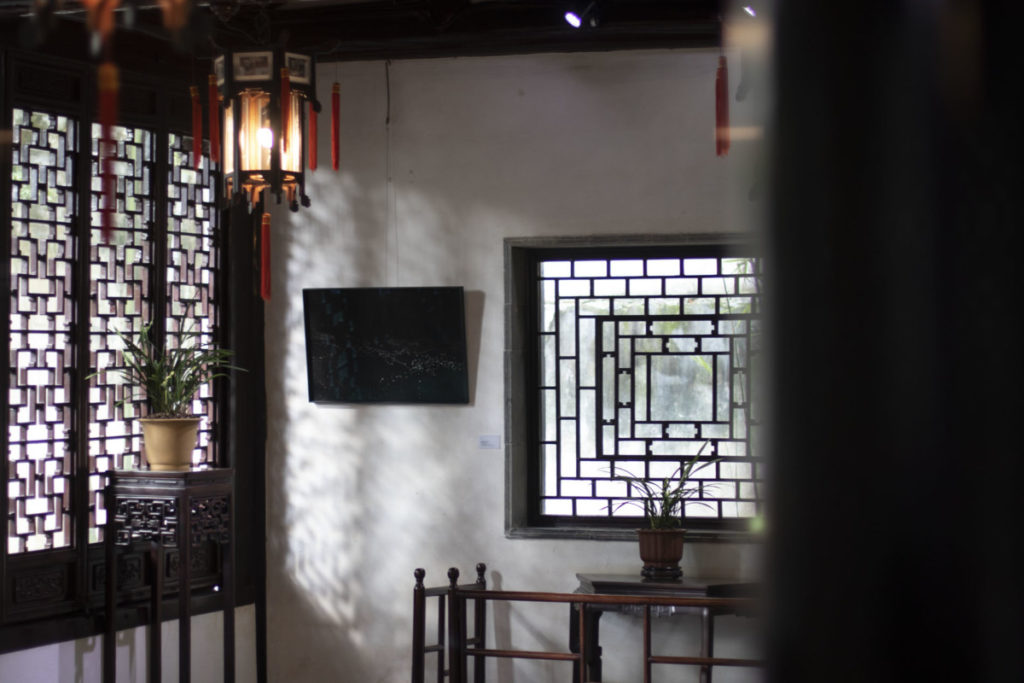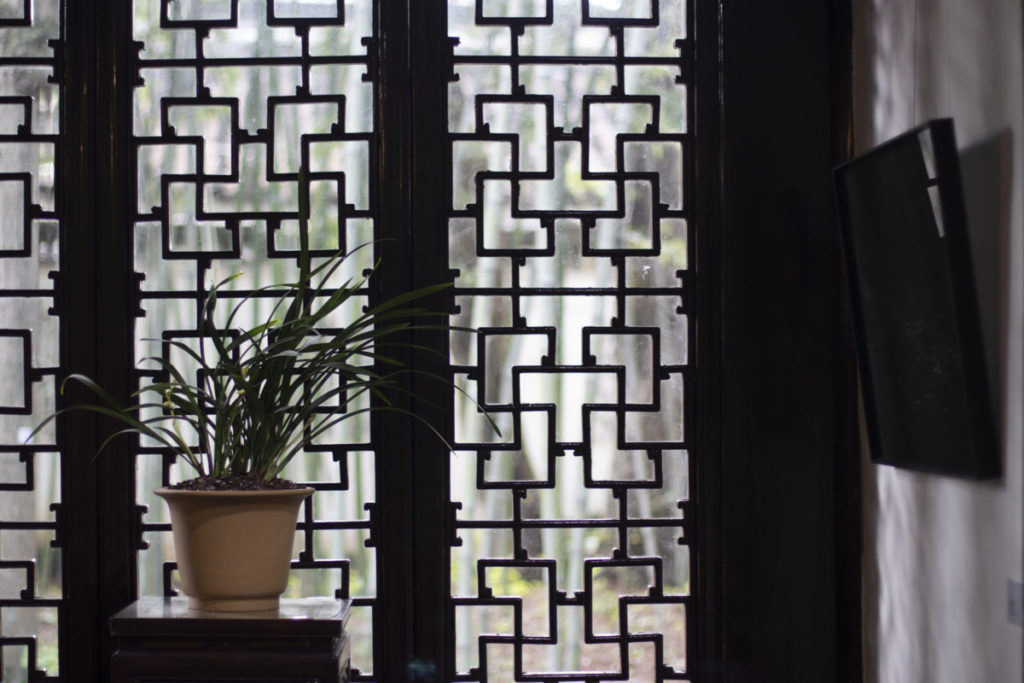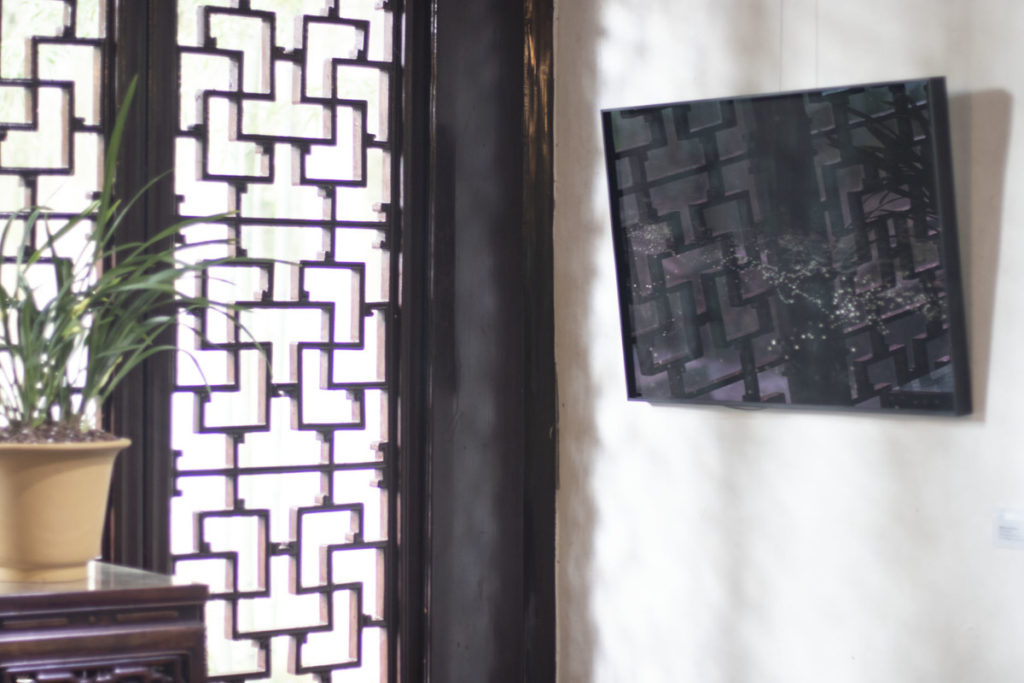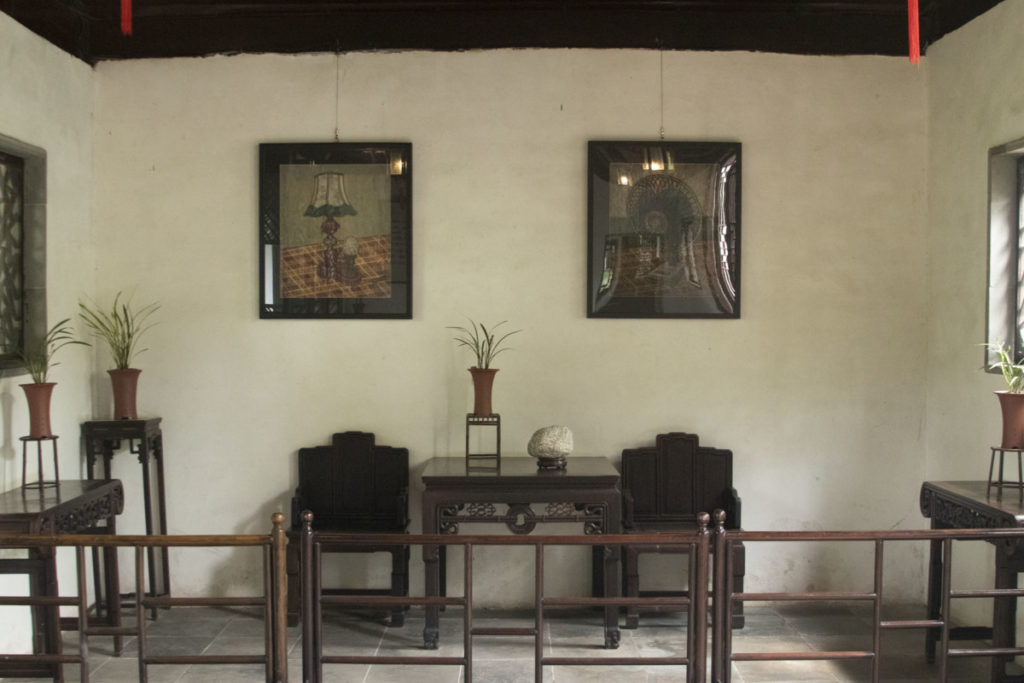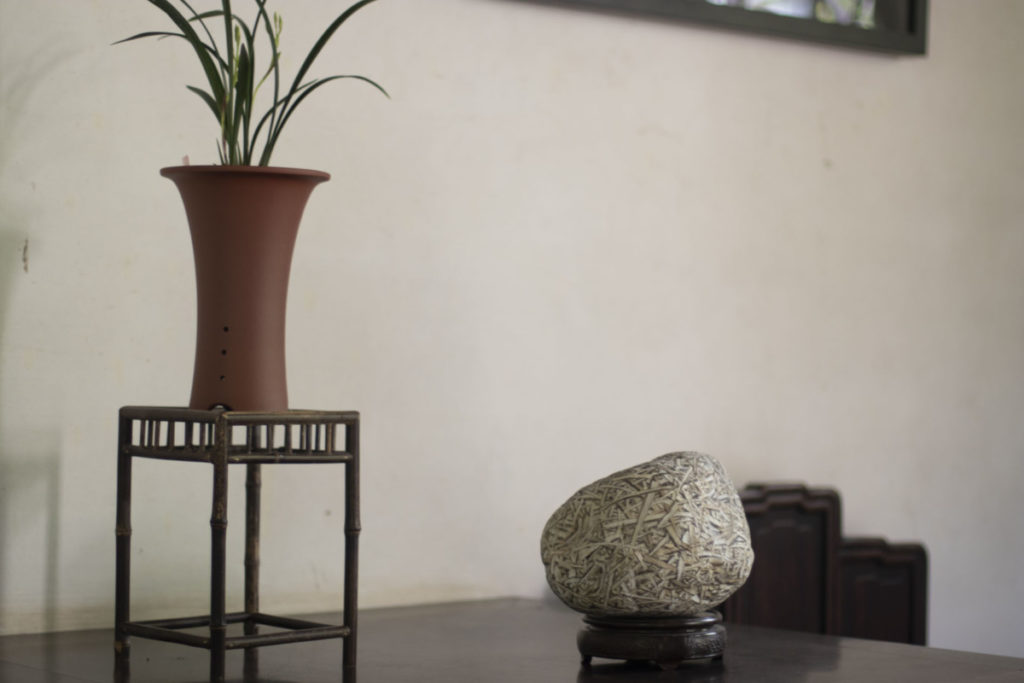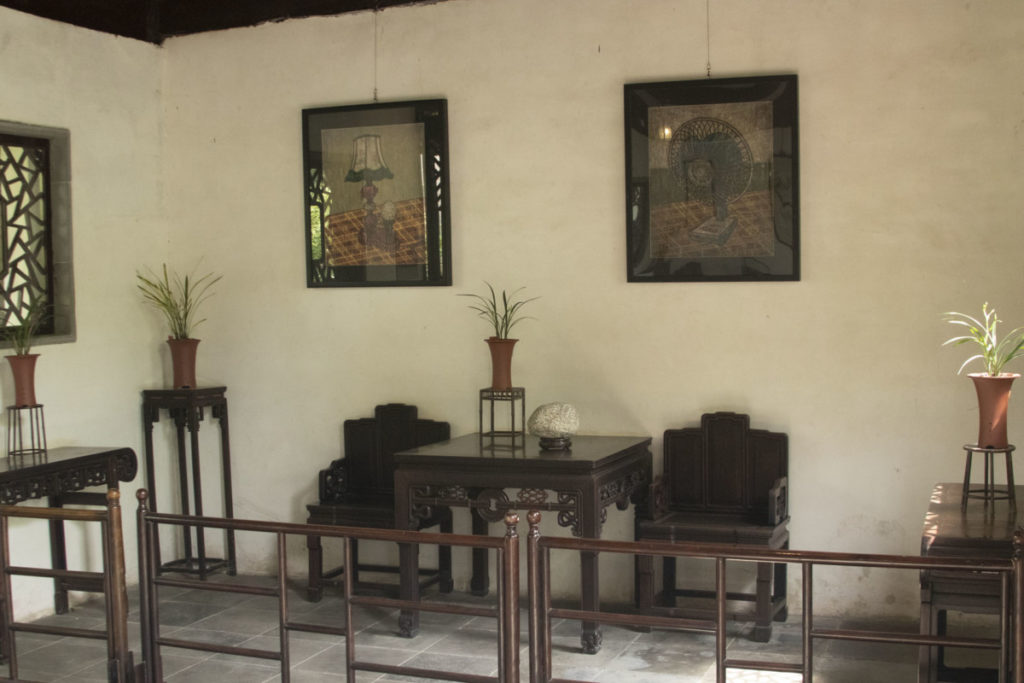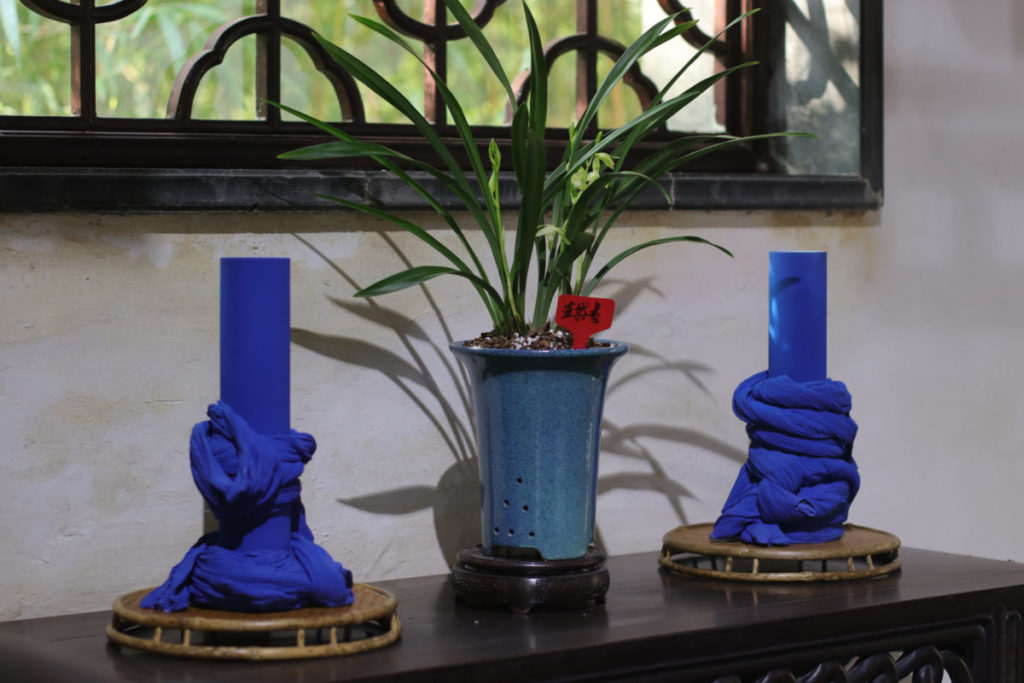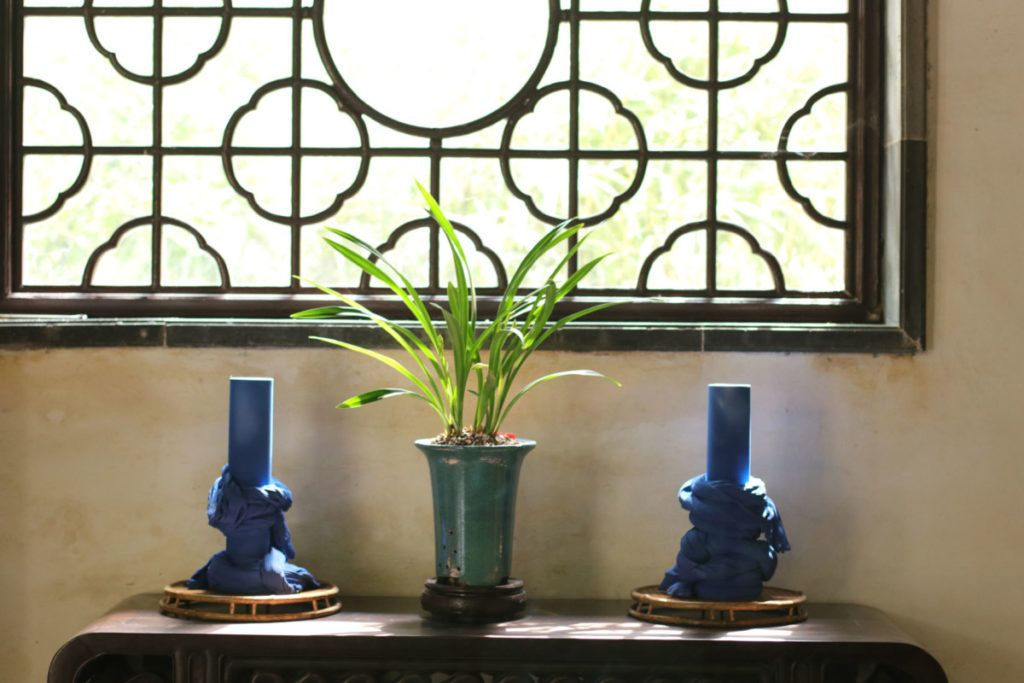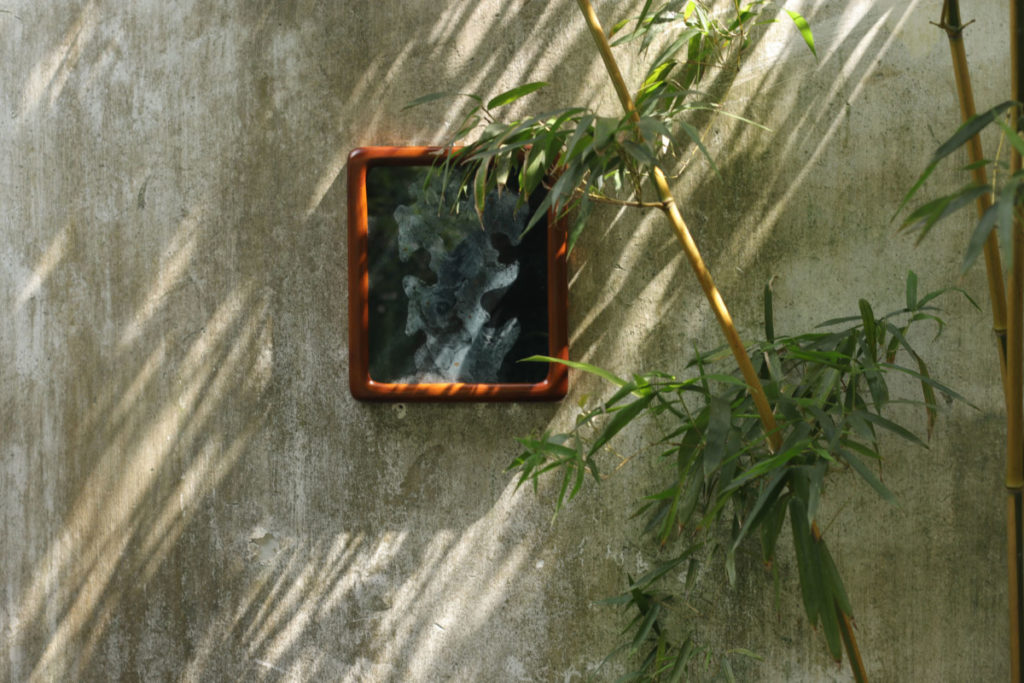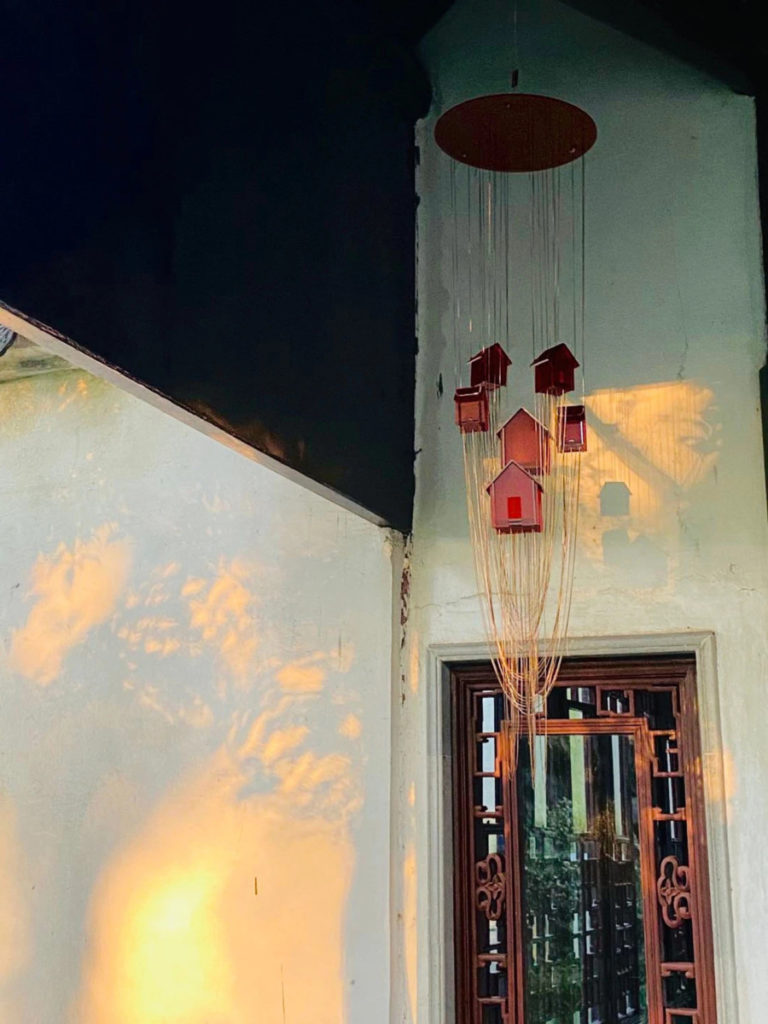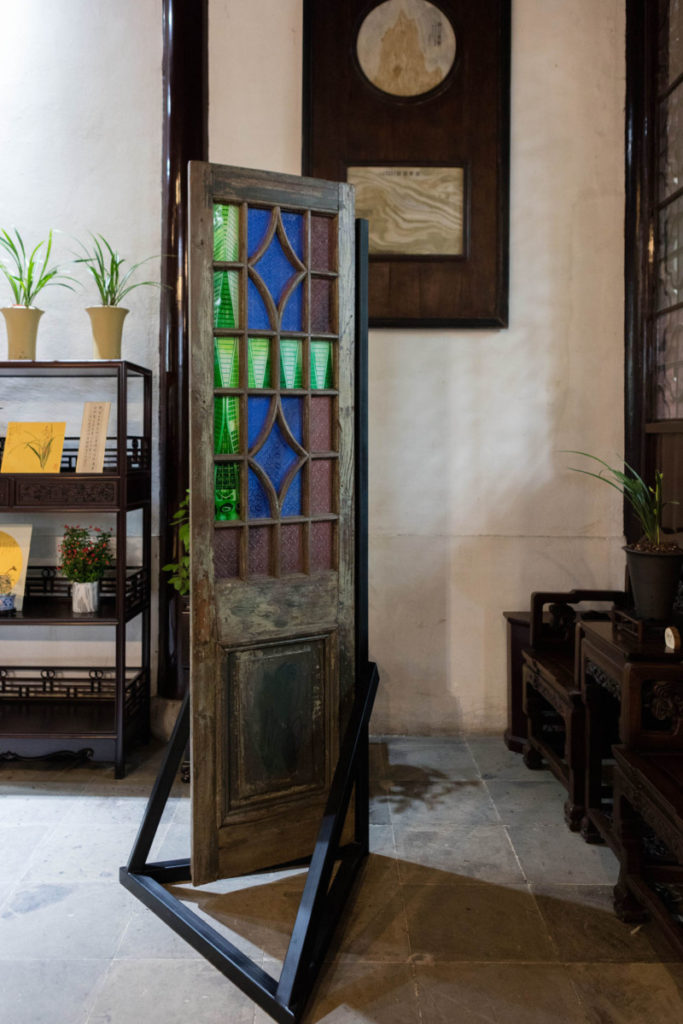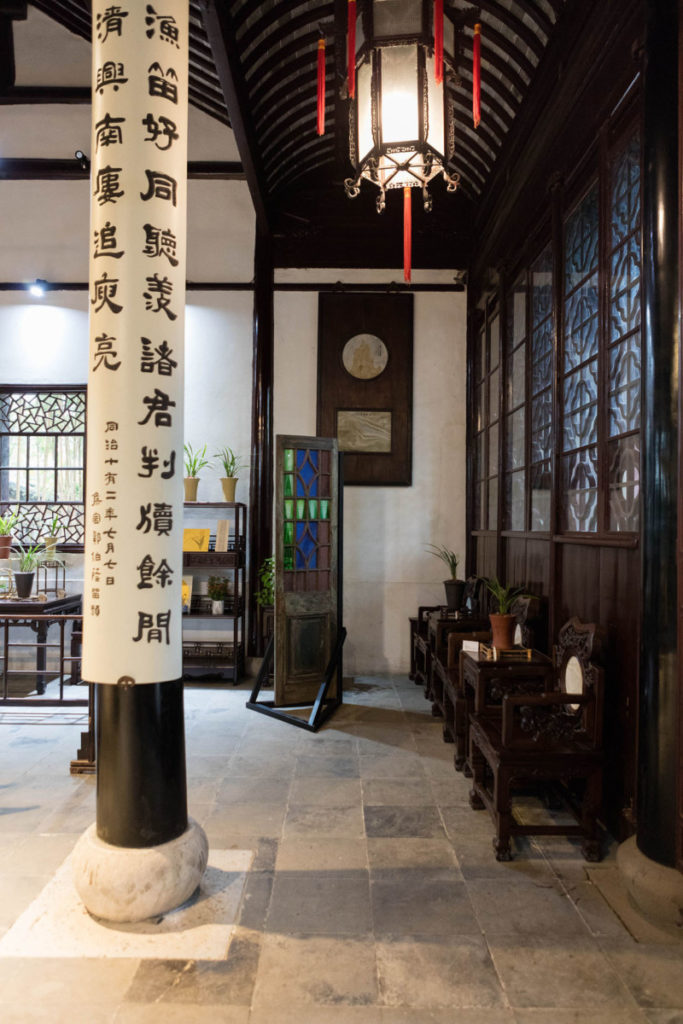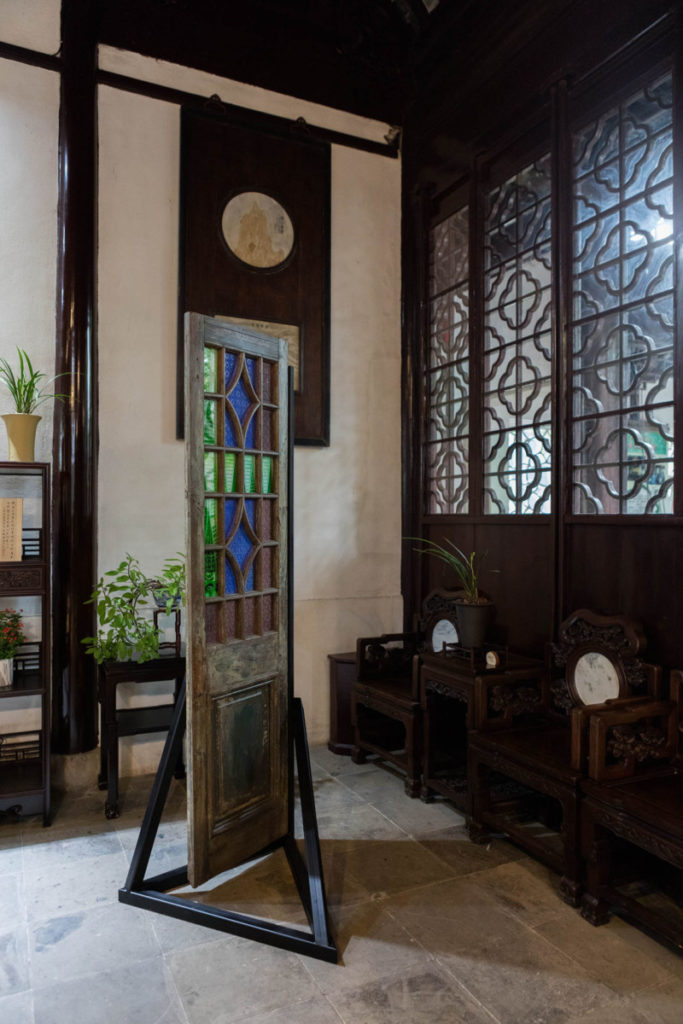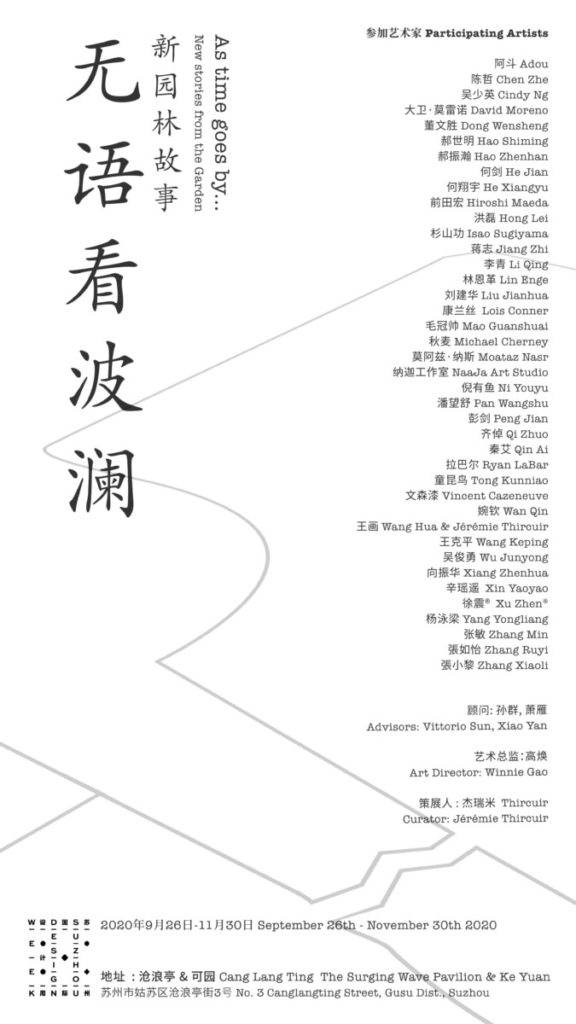
Participating Artists
Adou, Chen Zhe, Cindy Ng, David Moreno, Dong Wensheng, Hao Shiming, Hao Zhenhan, He Jian, He Xiangyu, Hiroshi Maeda, Hong Lei, Isao Sugiyama, Jiang Zhi, Li Qing, Lin Enge, Liu Jianhua, Lois Conner, Mao Guanshuai, Michael Cherney, Moataz Nasr, Naga Art Studio, Ni Youyu, Pan Wangshu, Peng Jian, Qi Zhuo, Qin Ai, Ryan Labar, Tong Kunniao, Vincent Cazeneuve, Wan Qin, Wang Hua, Wang Keping, Wu Junyong, Xiang Zhenhua, Xin Yaoyao, Xu Zhen, Yang Yongliang, Zhang Min, Zhang Ruyi, Zhang Xiaoli
About the Exhibition
When we think about gardens today, we tend to see a timeless pocket of nature in which one can breathe and forget the dense and noisy disturbances of the city. However, when gardens first started to be built, wild nature was much more untamed than it is today. Gardens were historically principally revered as places where Nature and Culture met each other, making them the ideal places to contemplate art.
This exhibition is faithful to that spirit of the garden, updating it and seeking to make it relevant to the 21st century, to generate a dialogue between past and present, art and nature without disturbing the original beauty of gardens. Each of the contemporary artworks displayed in the garden are like wires connecting the past with our present, making it closer to us. Symbols of the past need to be made alive and brought into the present in order to be understood and revered.
The visitor is provided with a map and invited to wander around the trees and pavilions and discover the contemporary artworks scattered around the two gardens.The garden is an allegory of the world, a microcosm of our planet. Our knowledge and perception of what the world is has radically changed since the Song dynasty when Canglang ting was built. The art in this exhibition reflects upon that change. In terms of culture: Our world is broader, globalized, the artists of the exhibitions are not only from the Jiangnan region, but come from all across China and the world. In terms of ideas: their works go beyond the poetic and speak directly to numerous issues the world is facing today, about consumption, environment, architecture, technology, science…and in terms of medium, traditional mediums such as ink painting, wood carvings and ceramics are displayed in their most current form and joined with more contemporary medium such as photography, video and 3D printed installations.
About the Garden
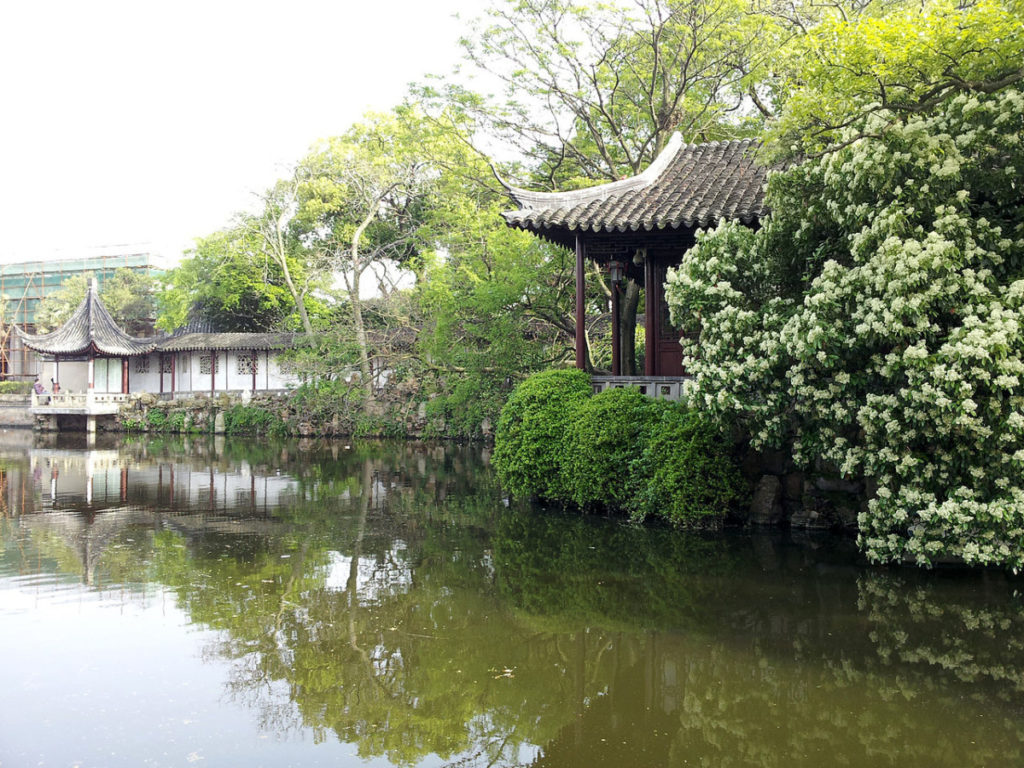
The Suzhou garden known as Canglang Ting (“Surging Waves Pavilion”*) has the longest history, and the deepest cultural roots, of all of Suzhou’s justly famous classical gardens (aka scholar gardens). Covering an area of roughly 10,000 square meters, the simple and tranquil garden is designed in a seemingly unsophisticated manner, yet this exquisite garden is a product of careful refinement and deliberate planning, for it is built in the best Chinese tradition of ‘man imitating nature’.
